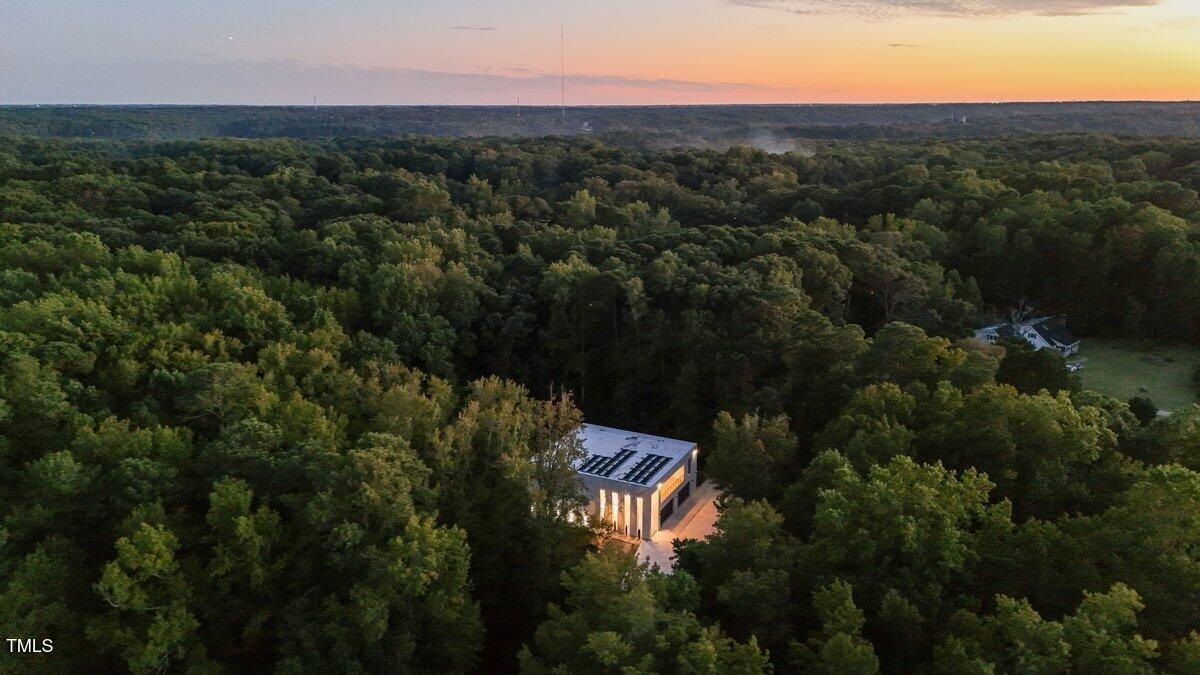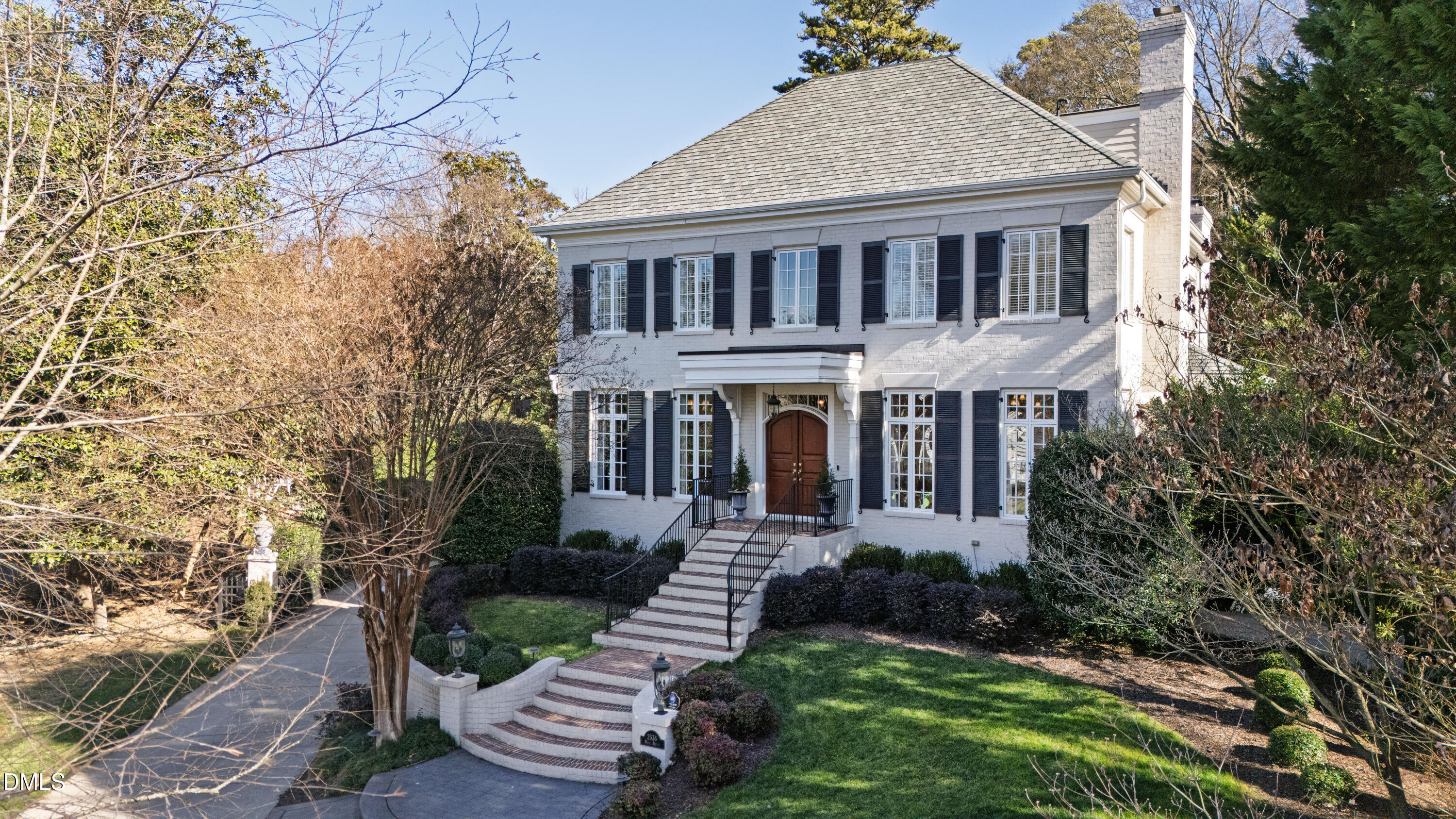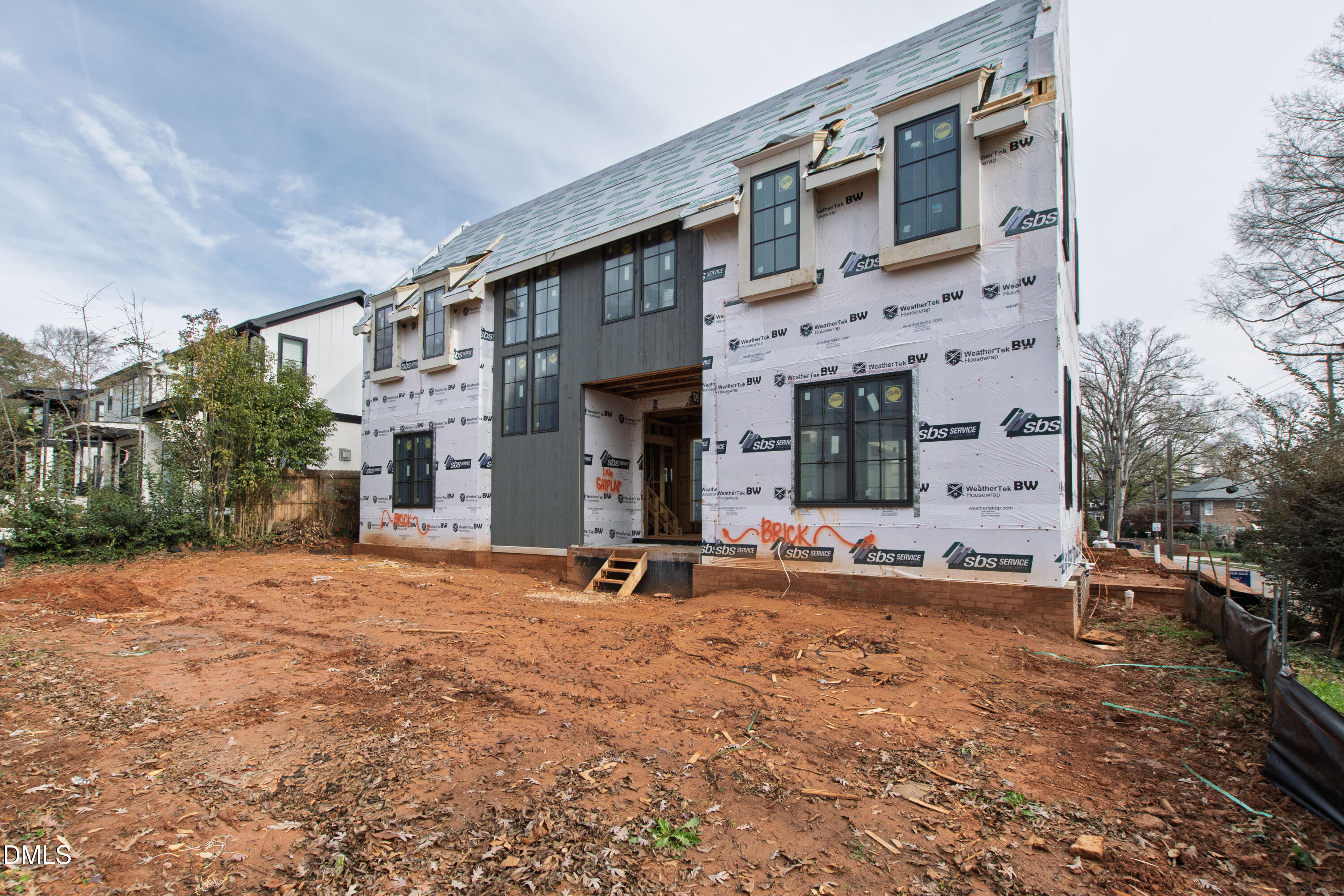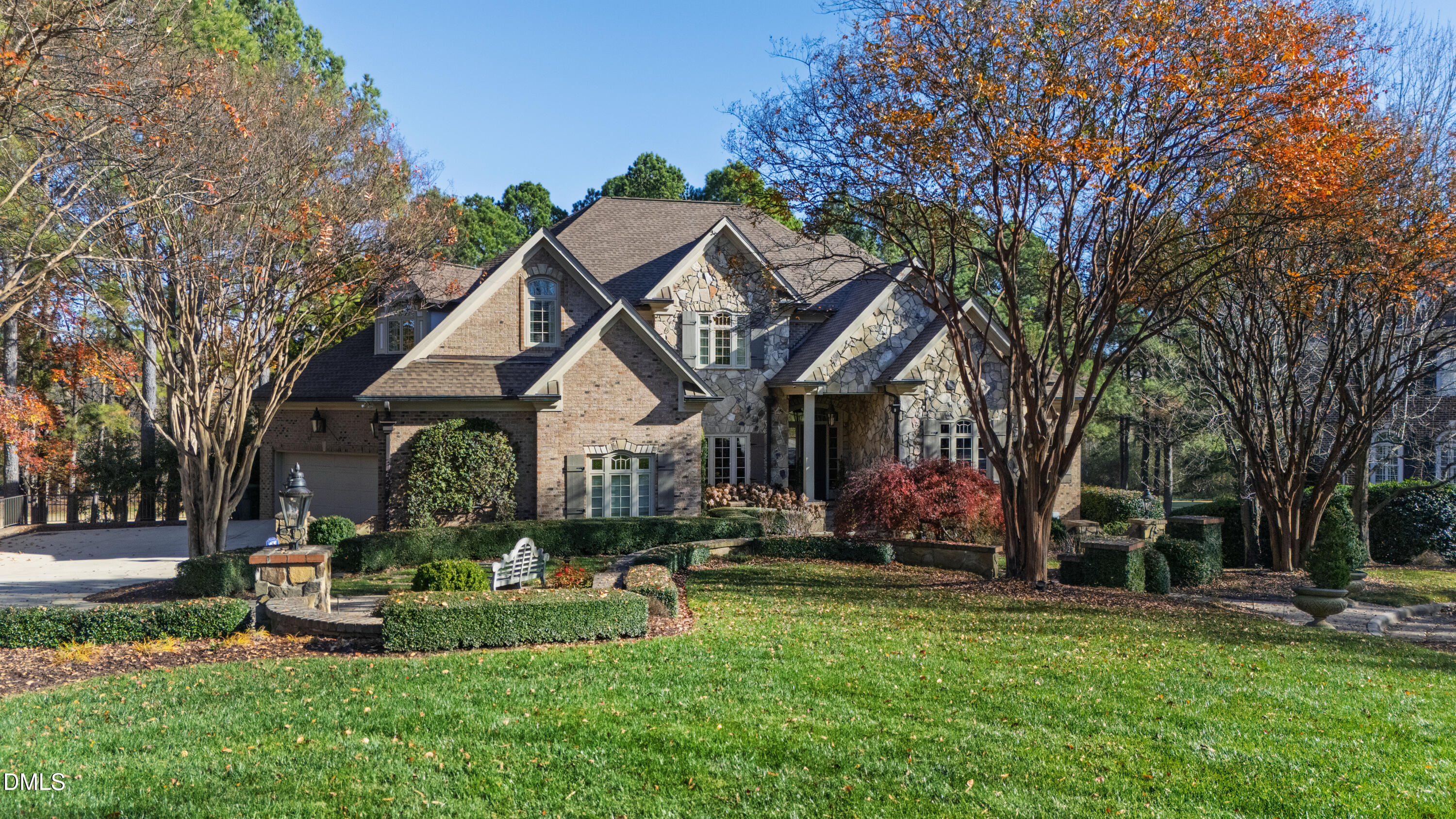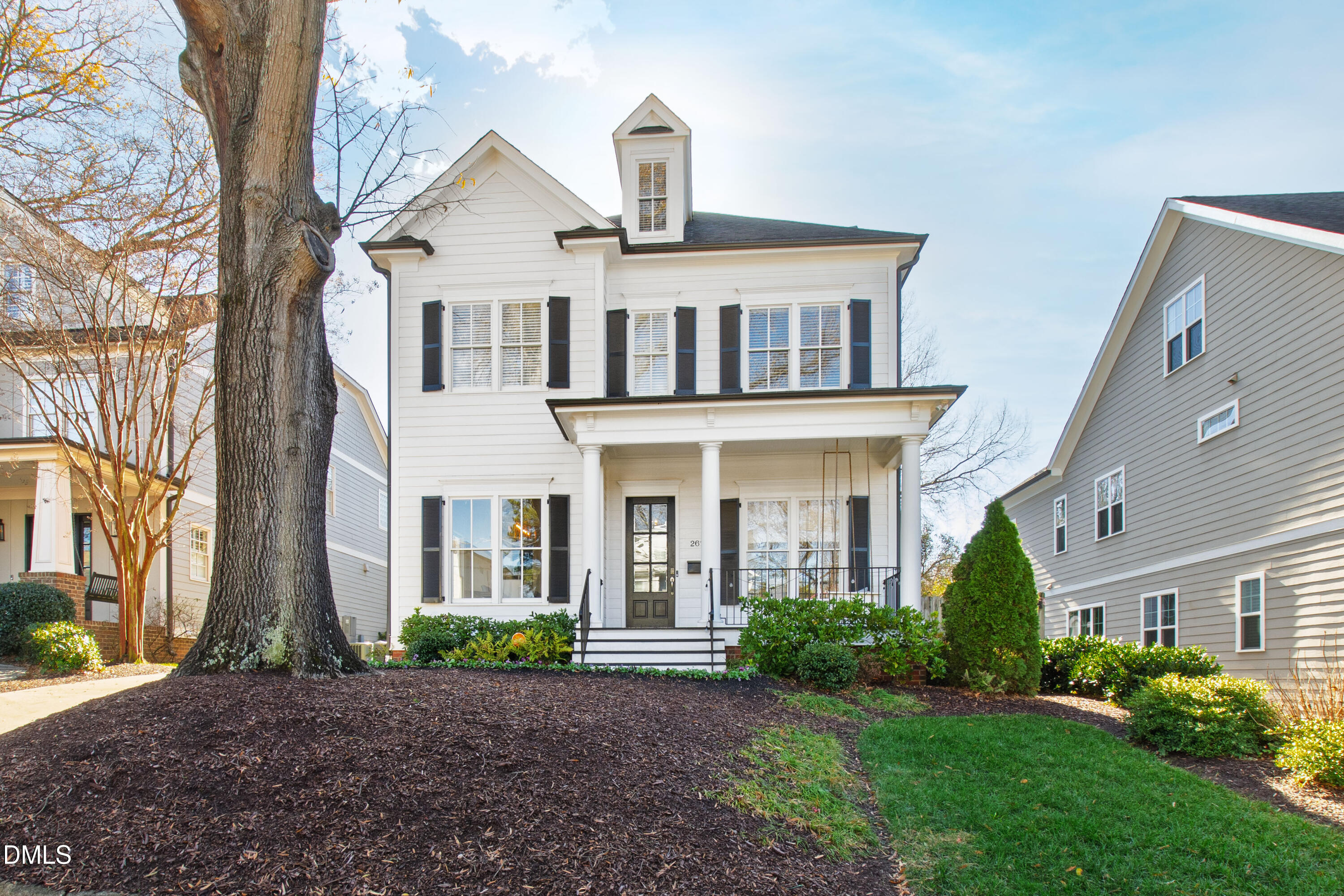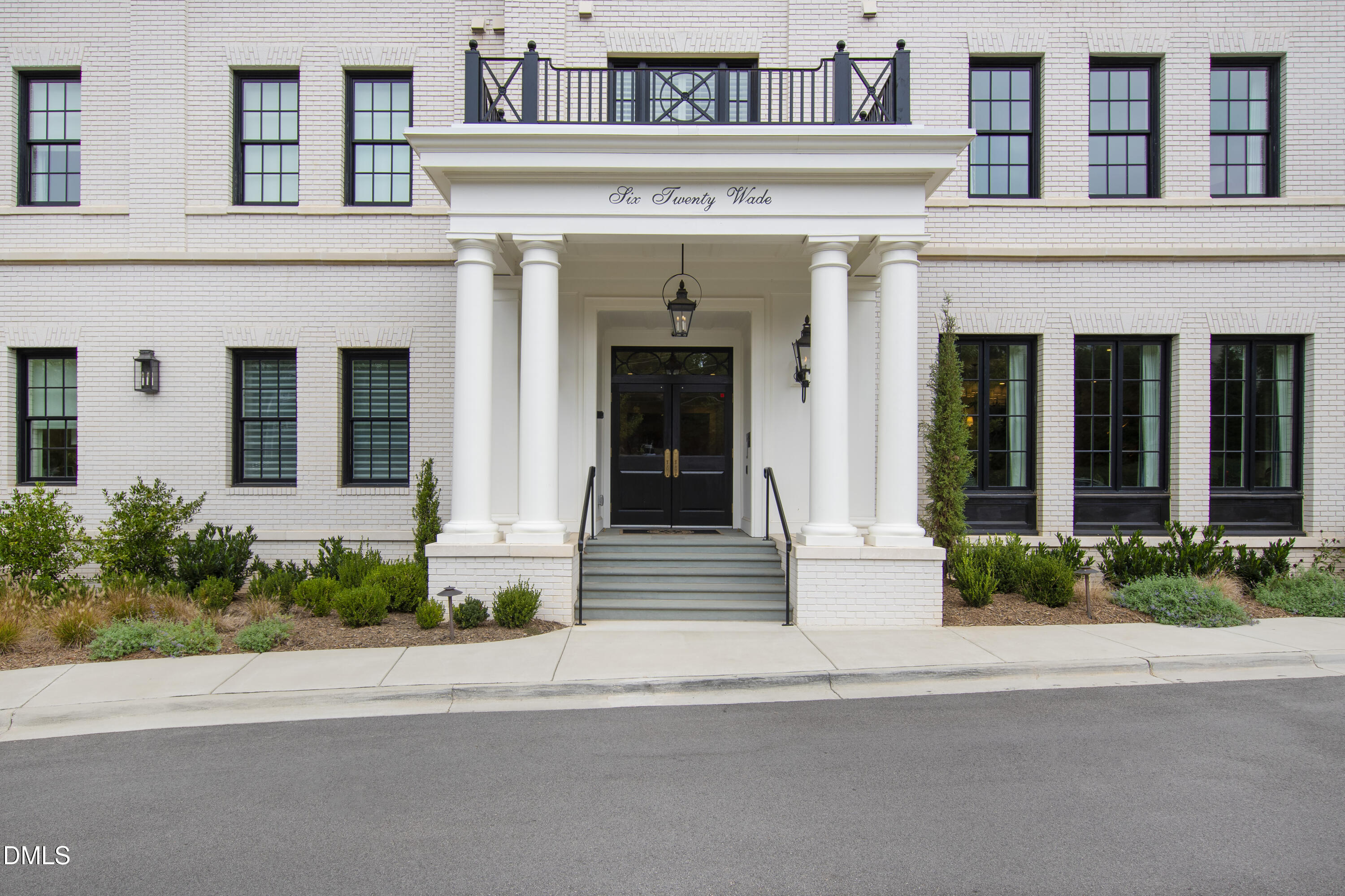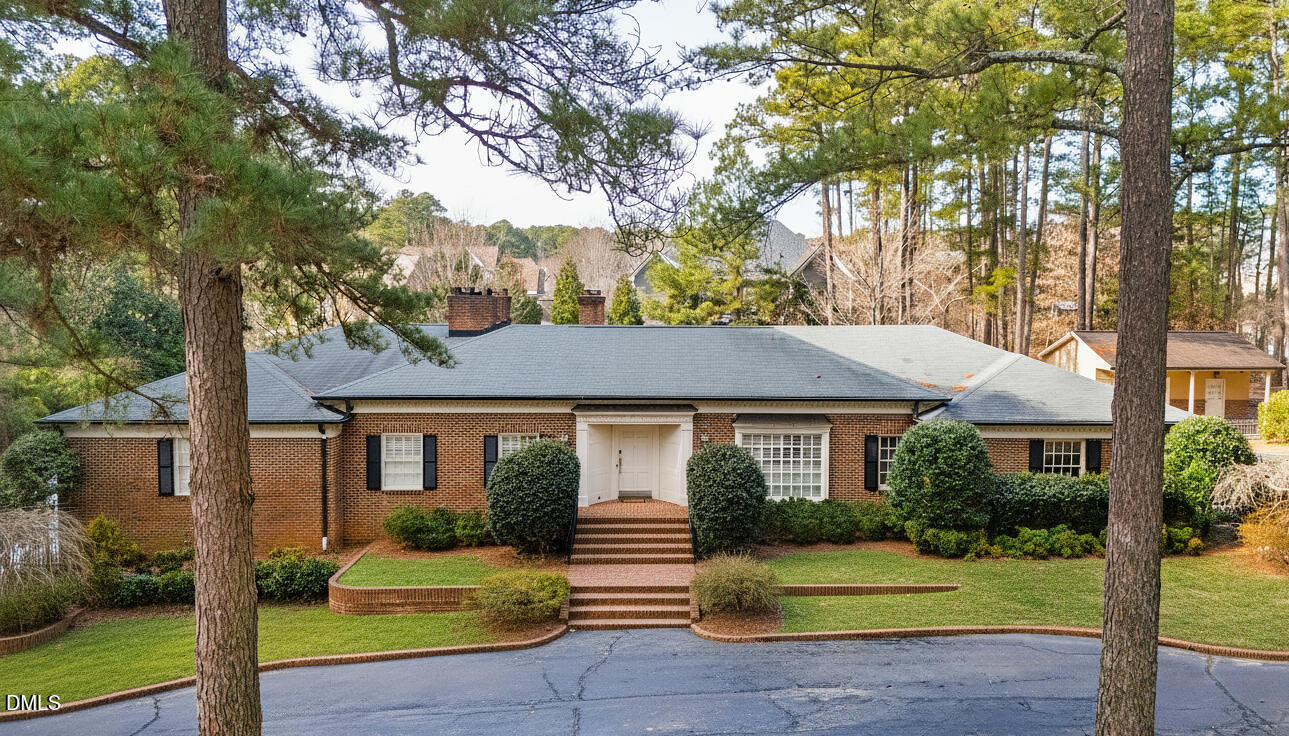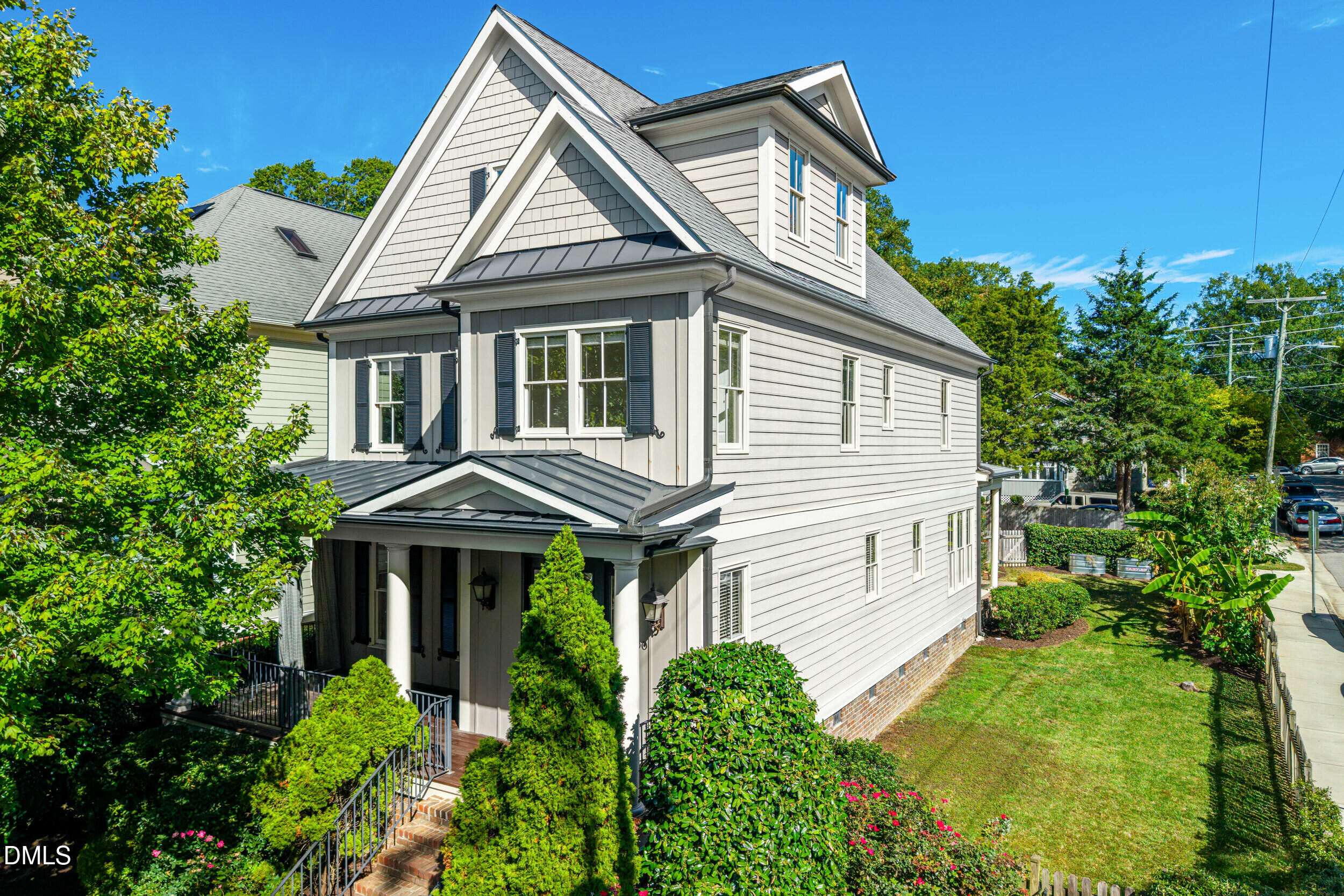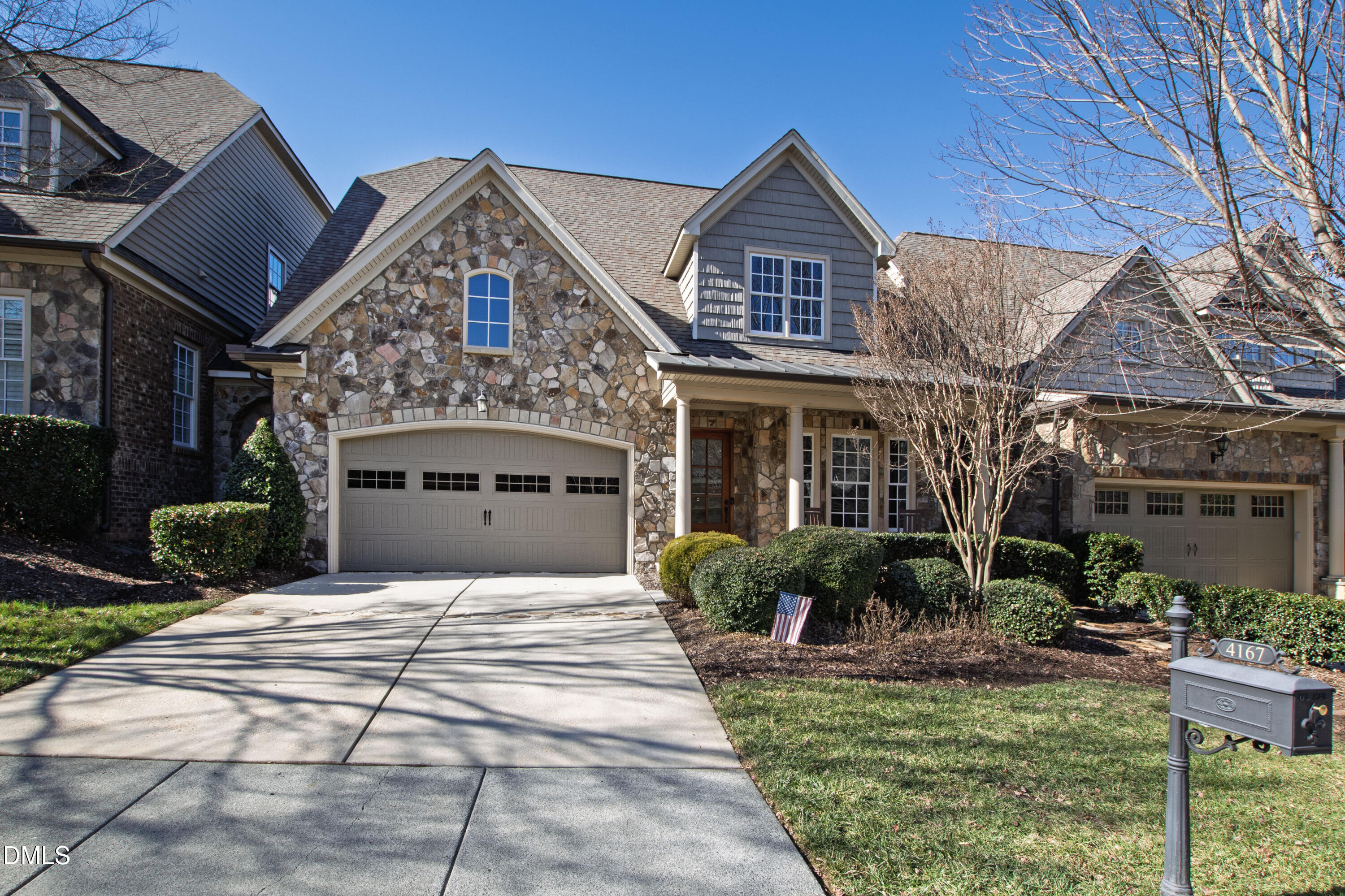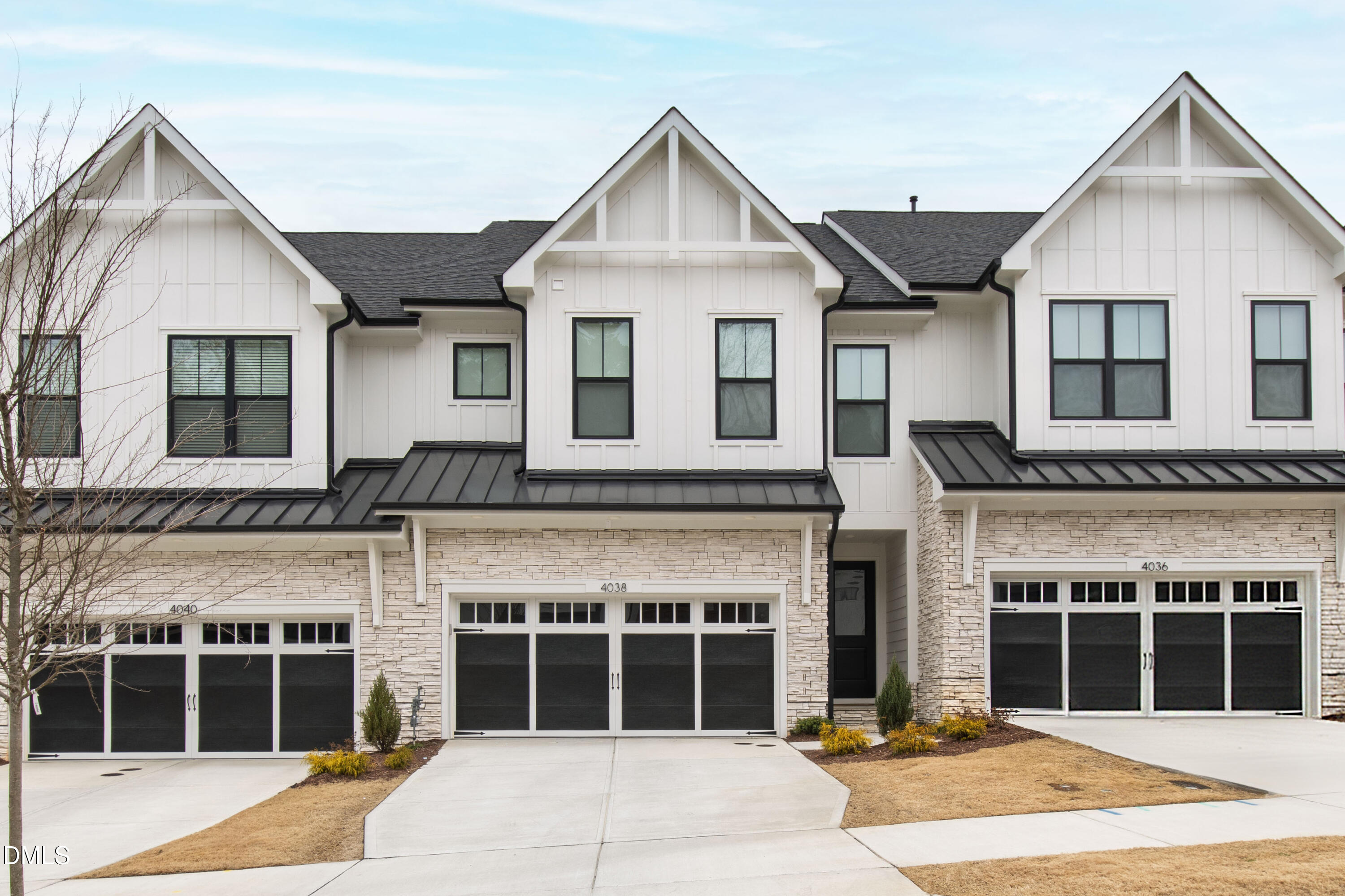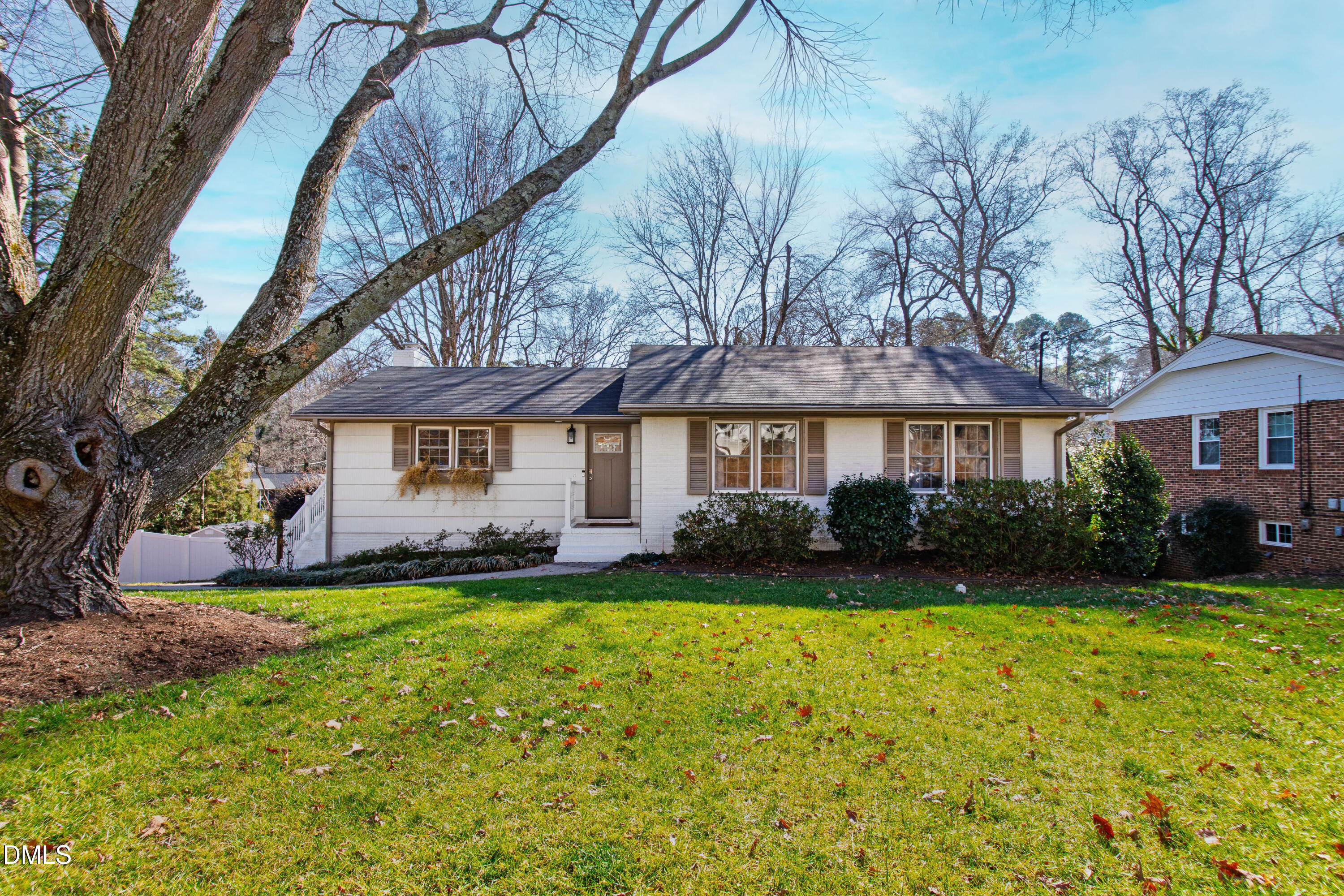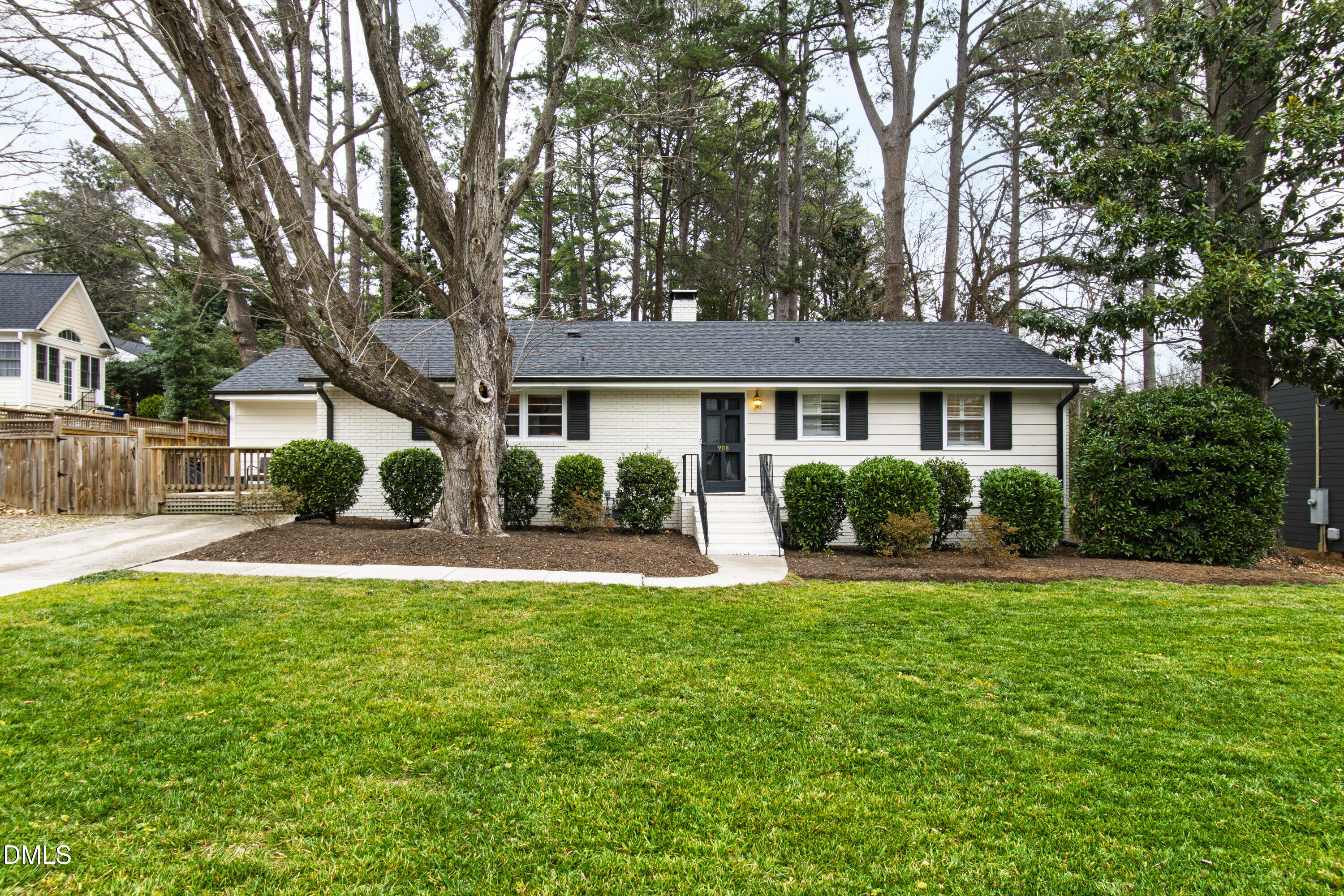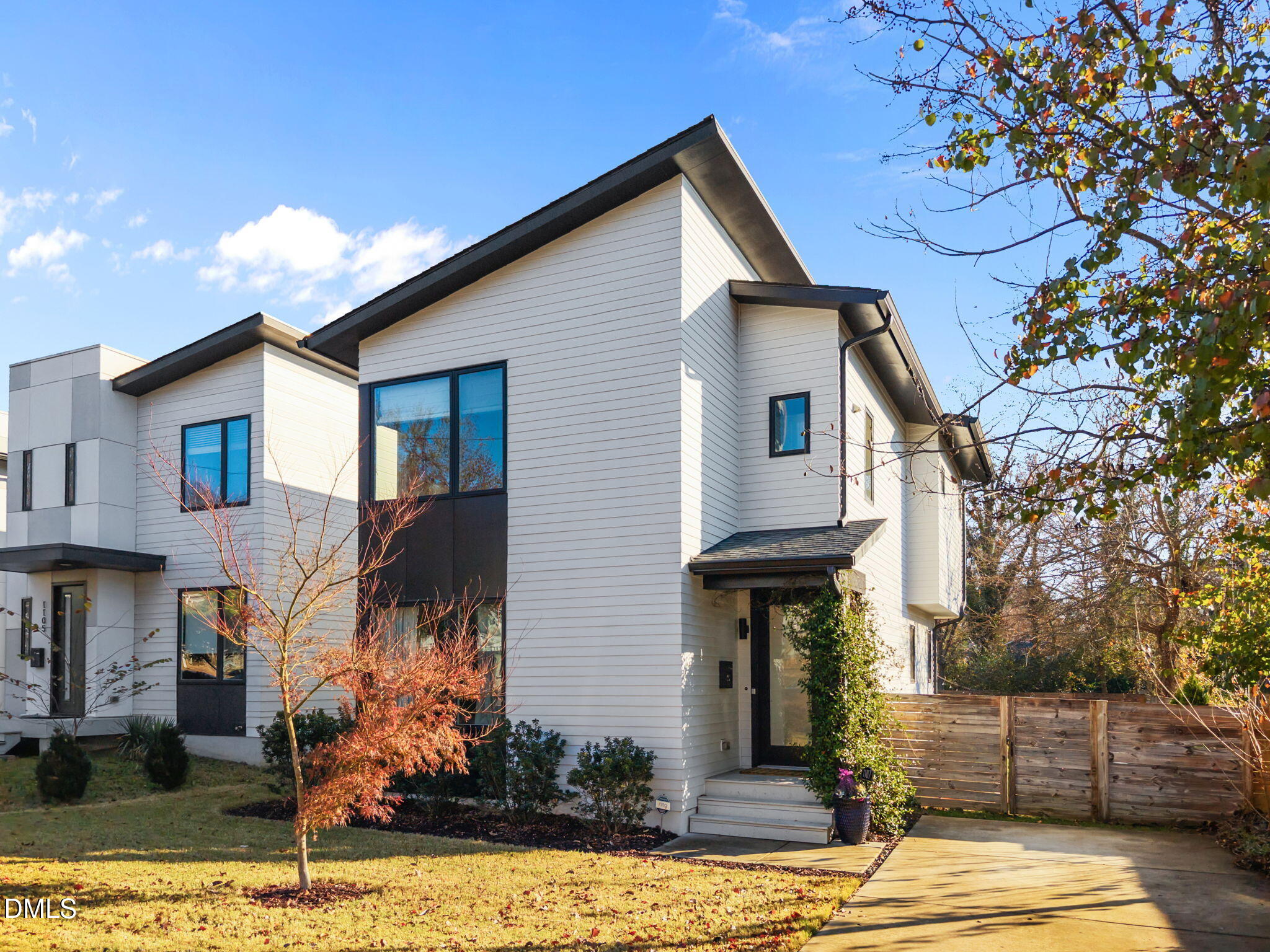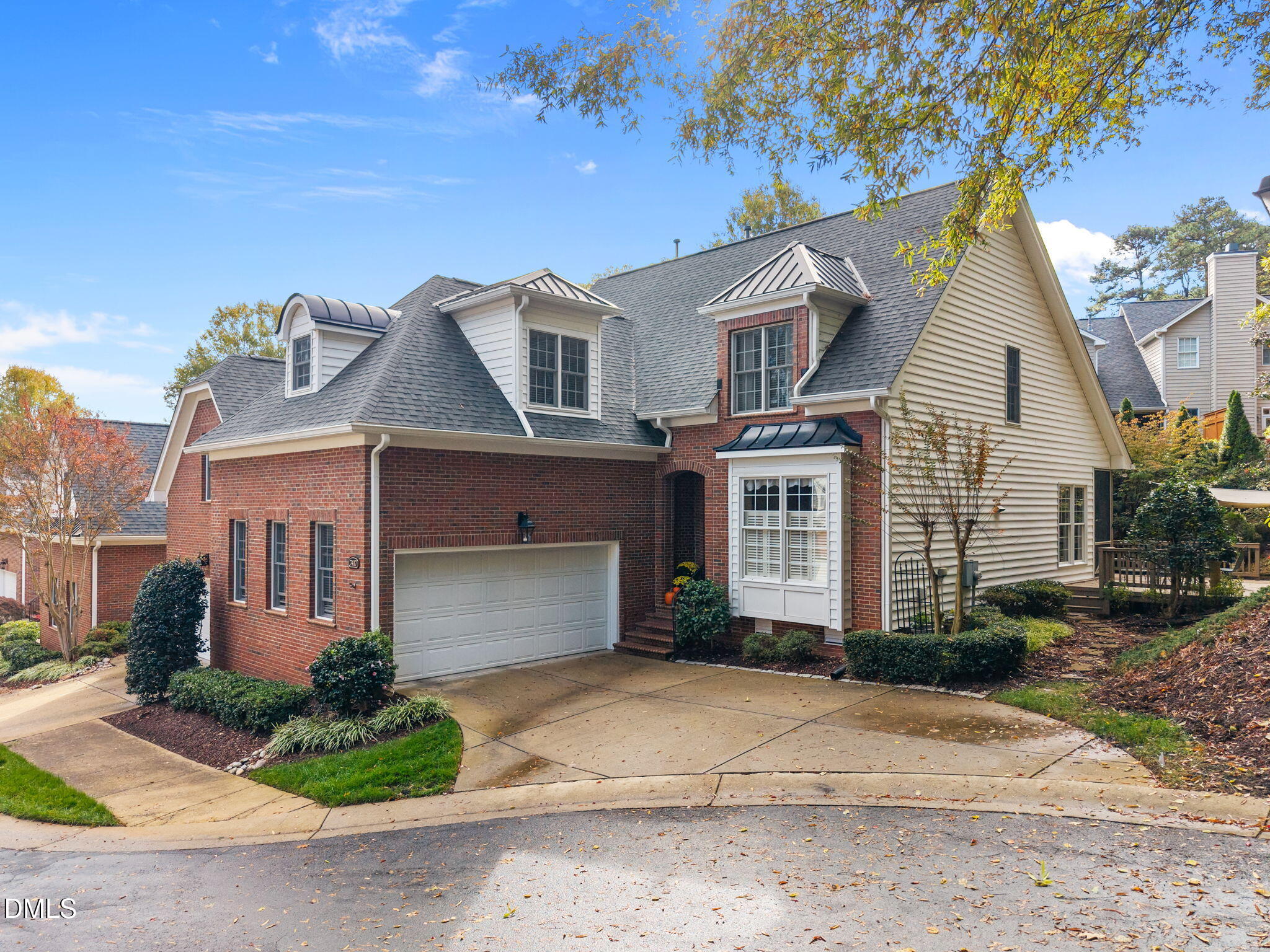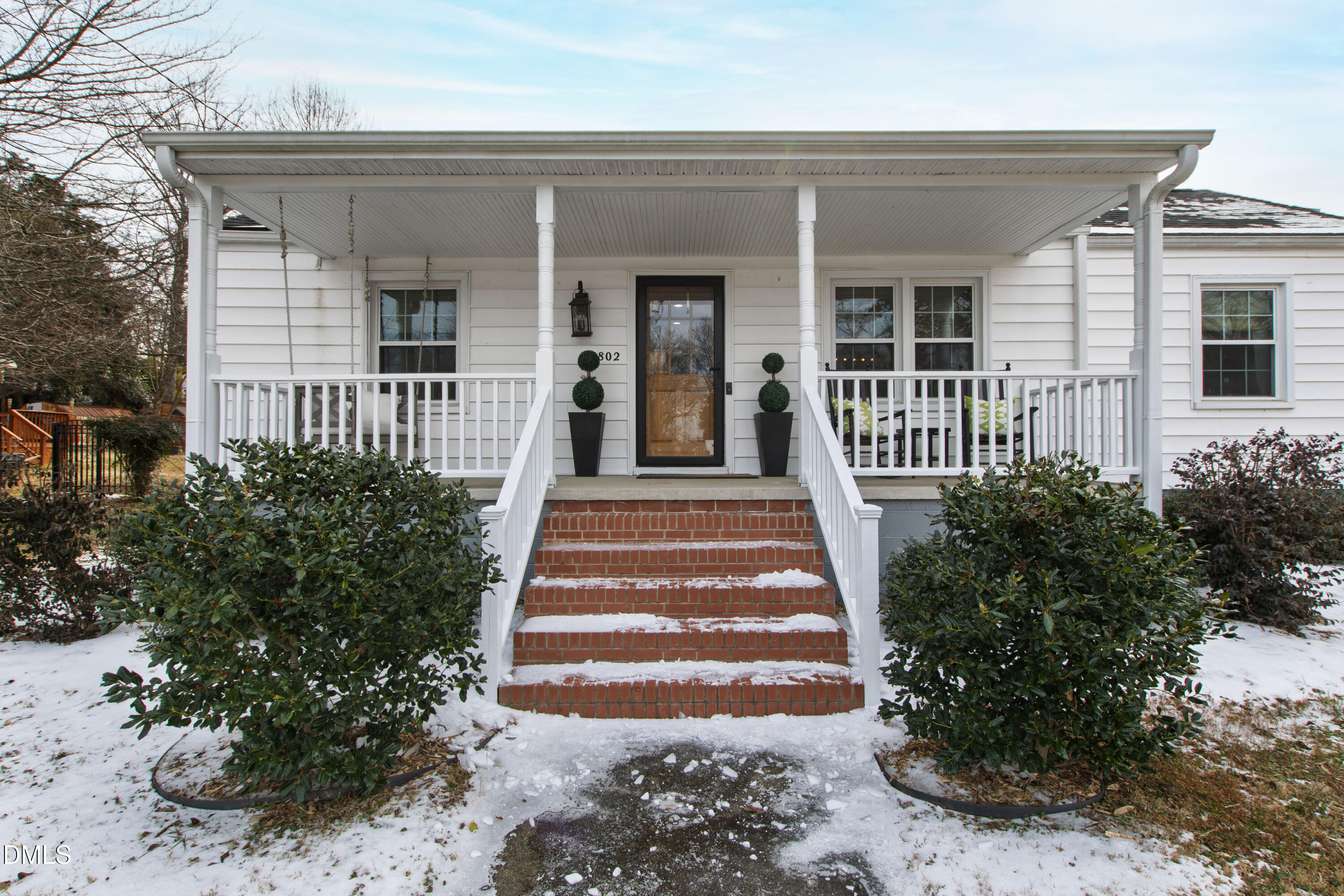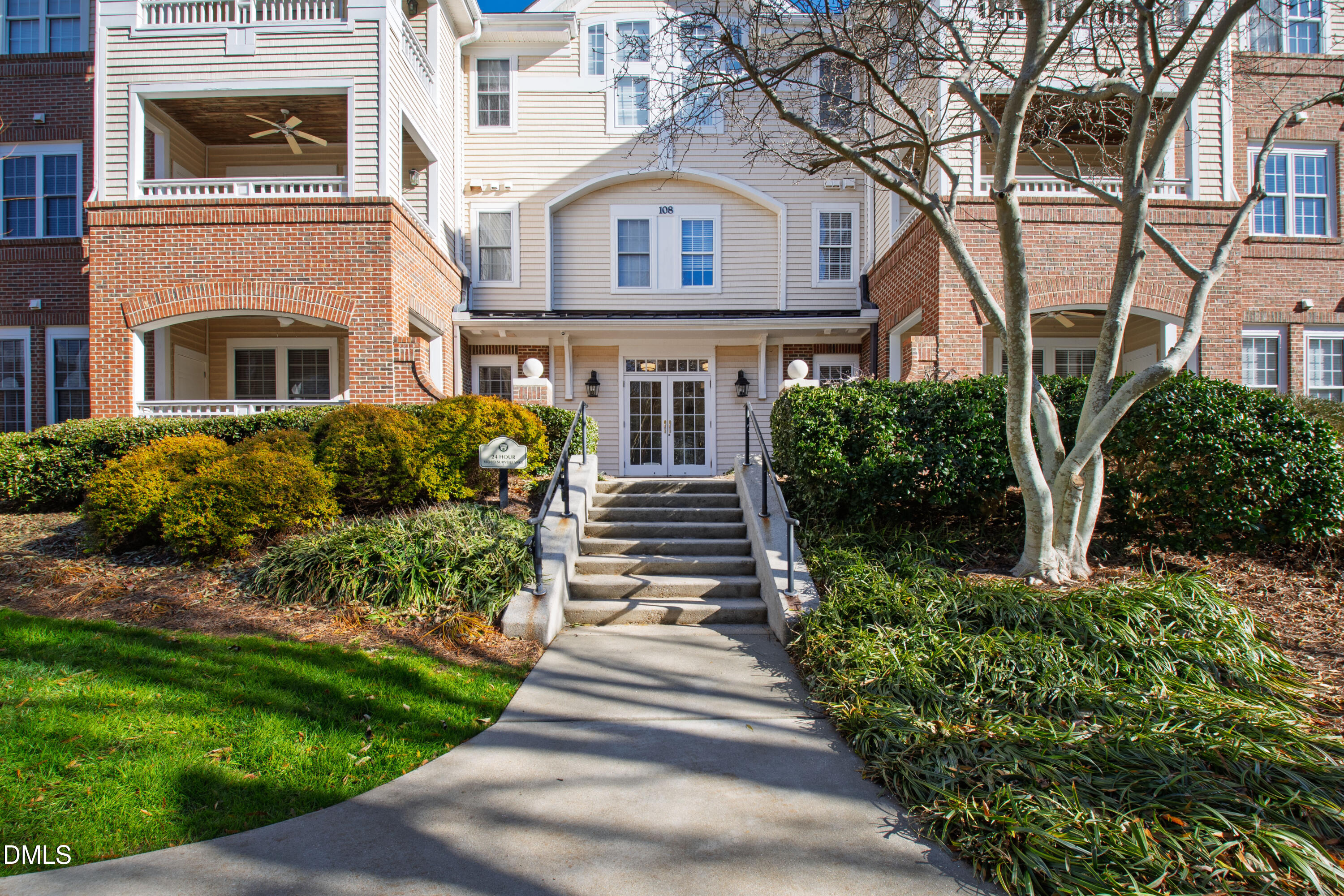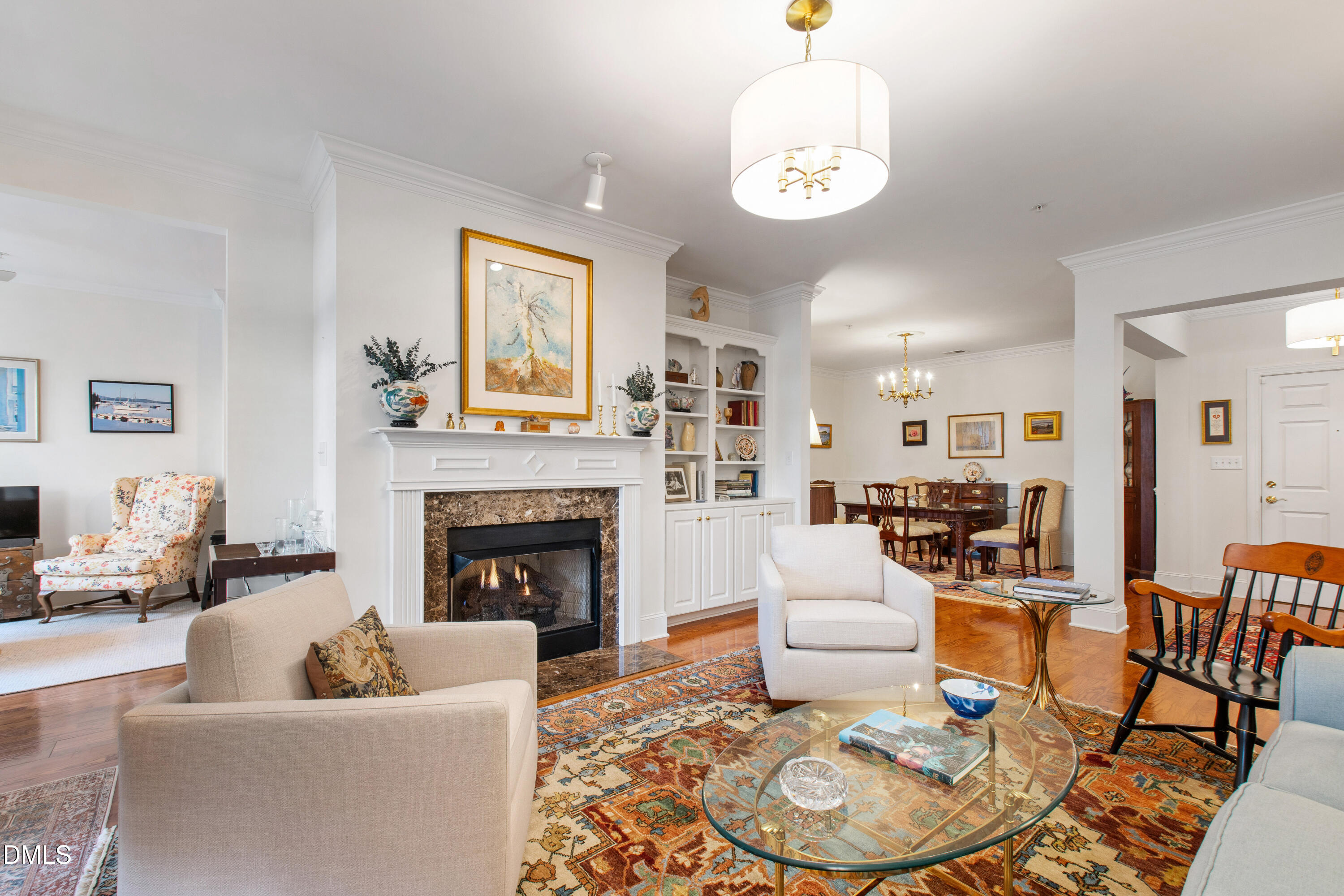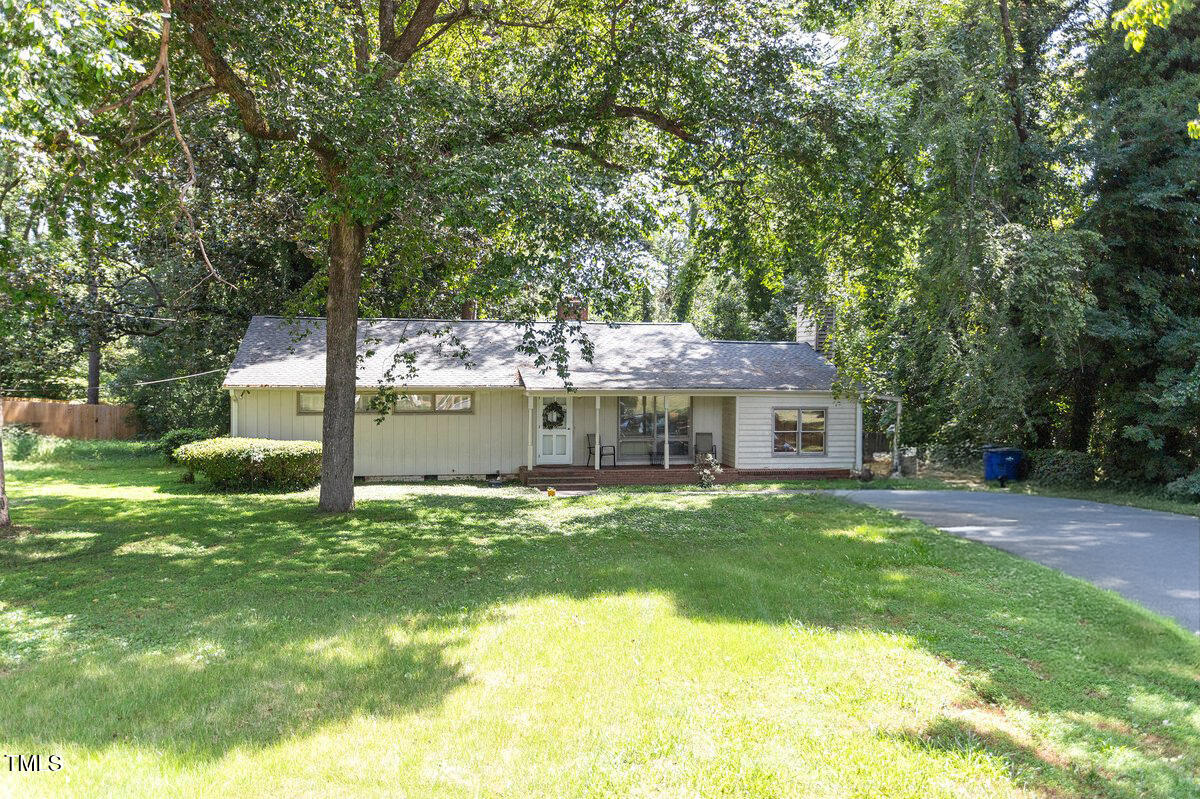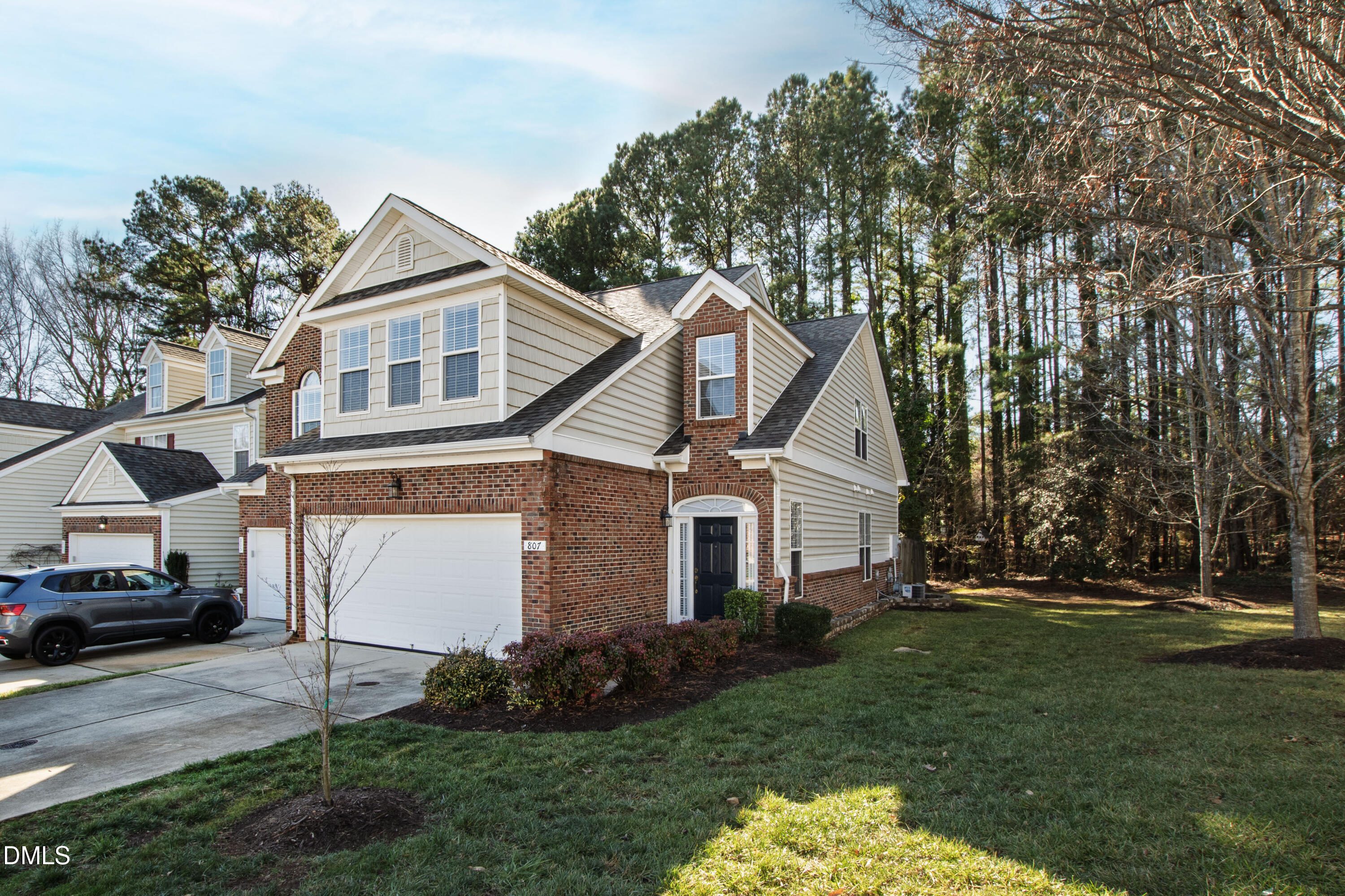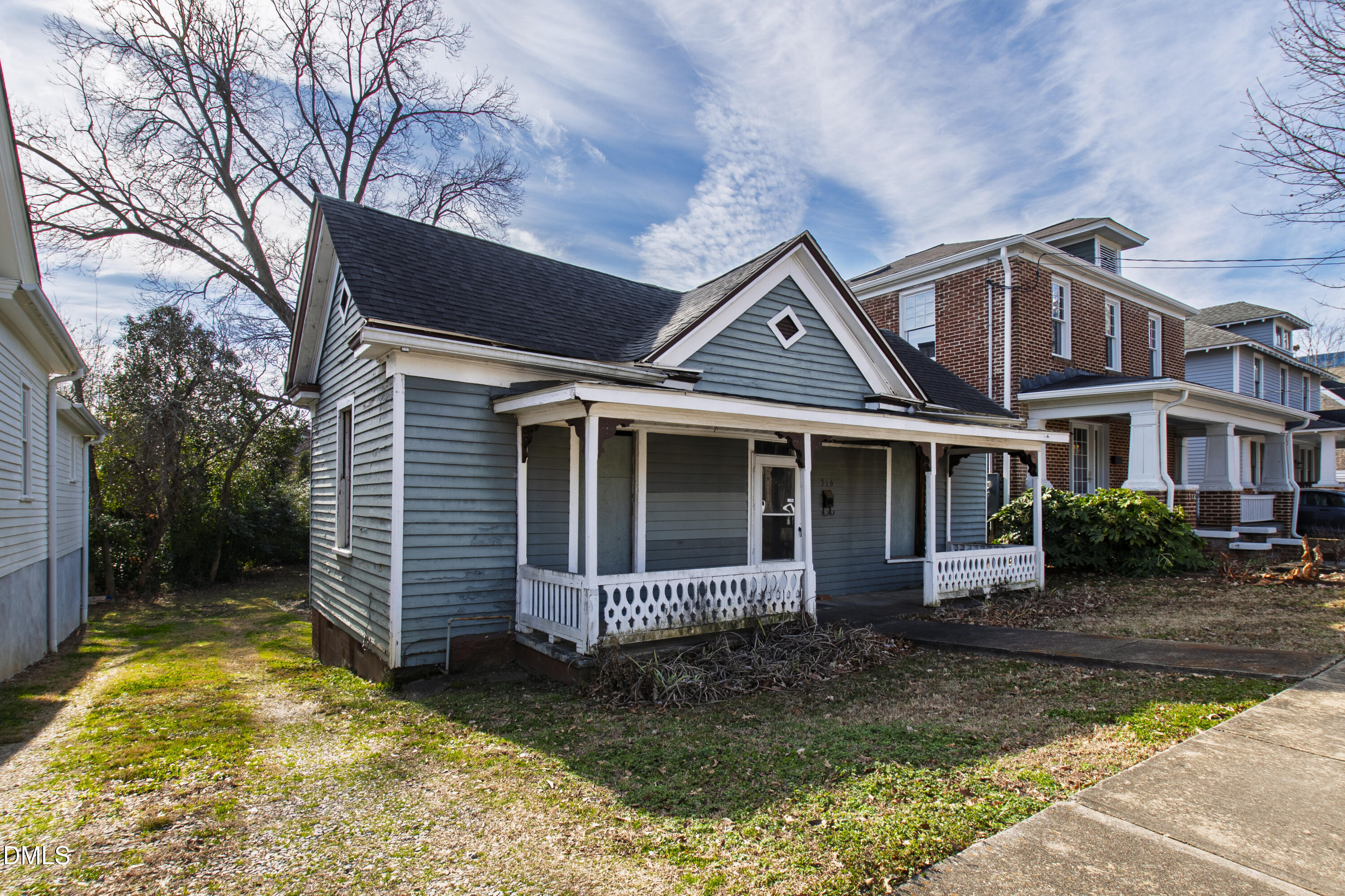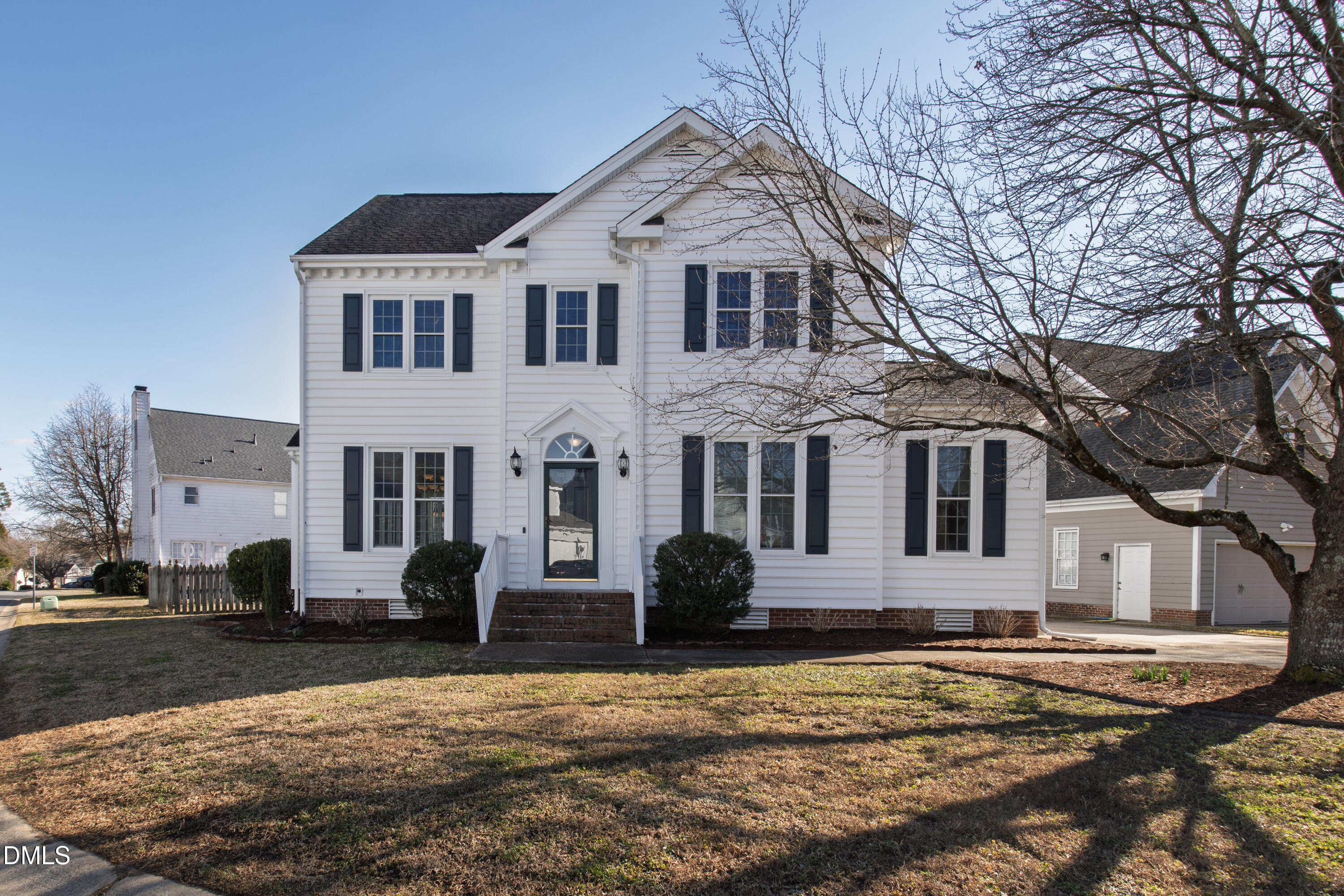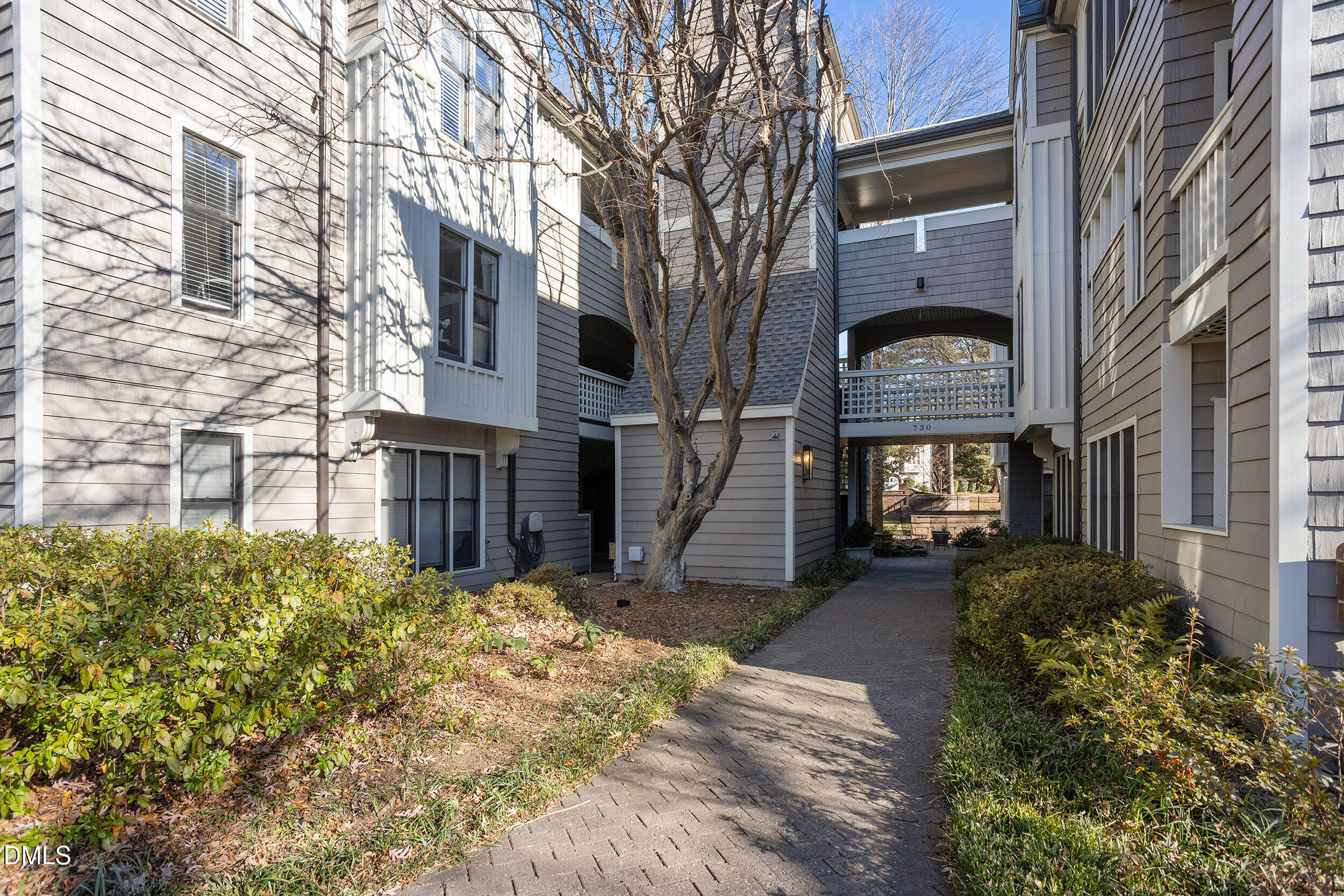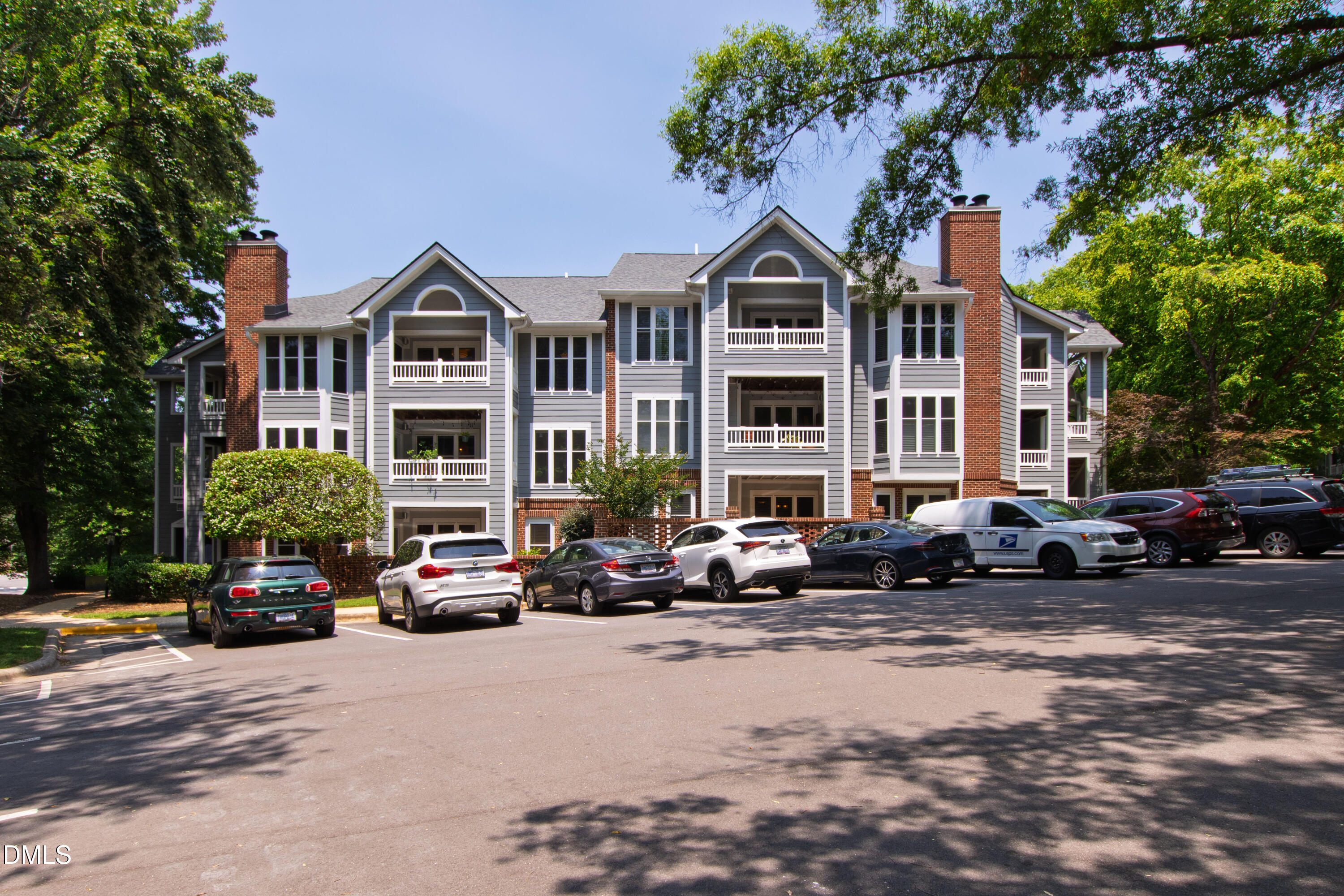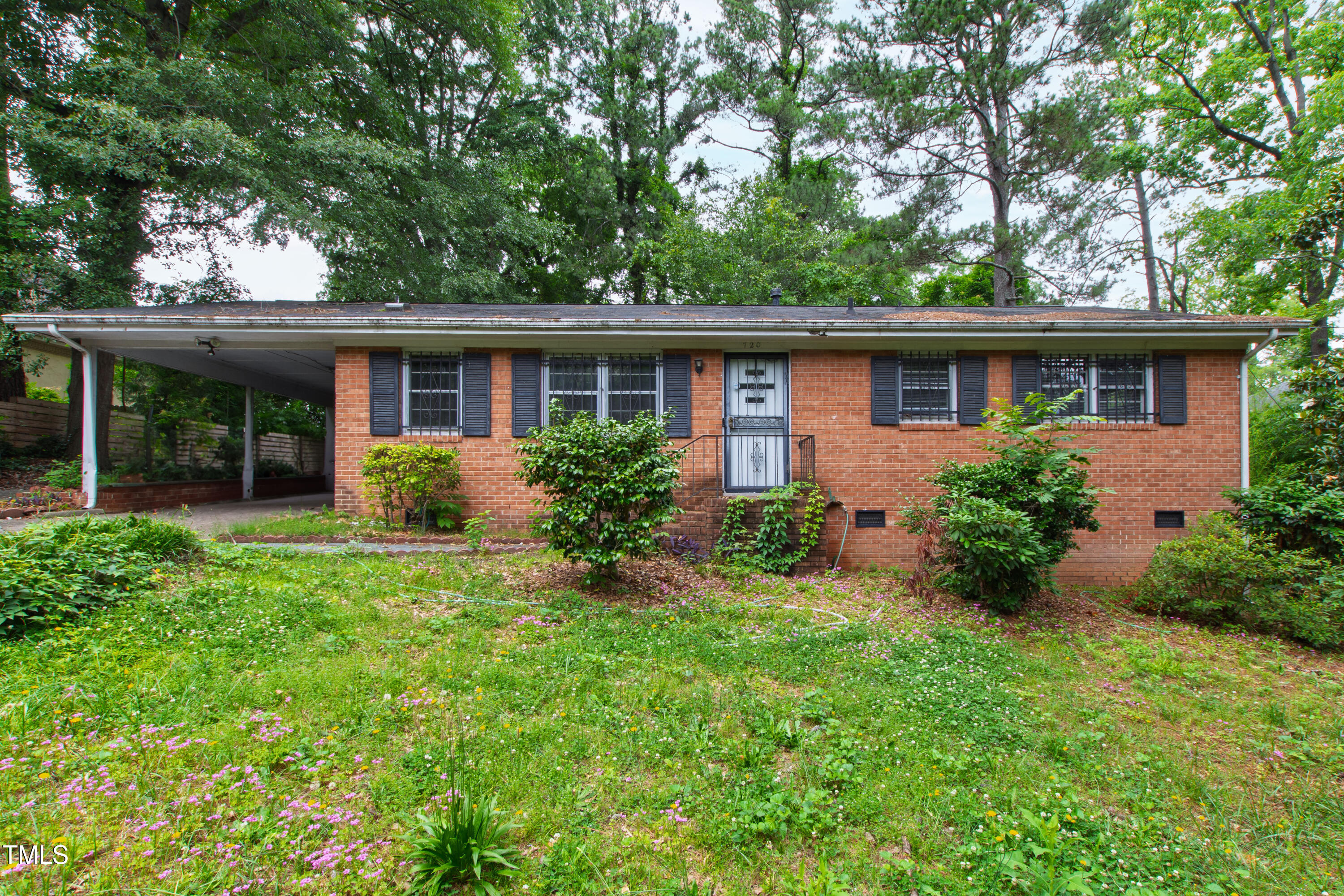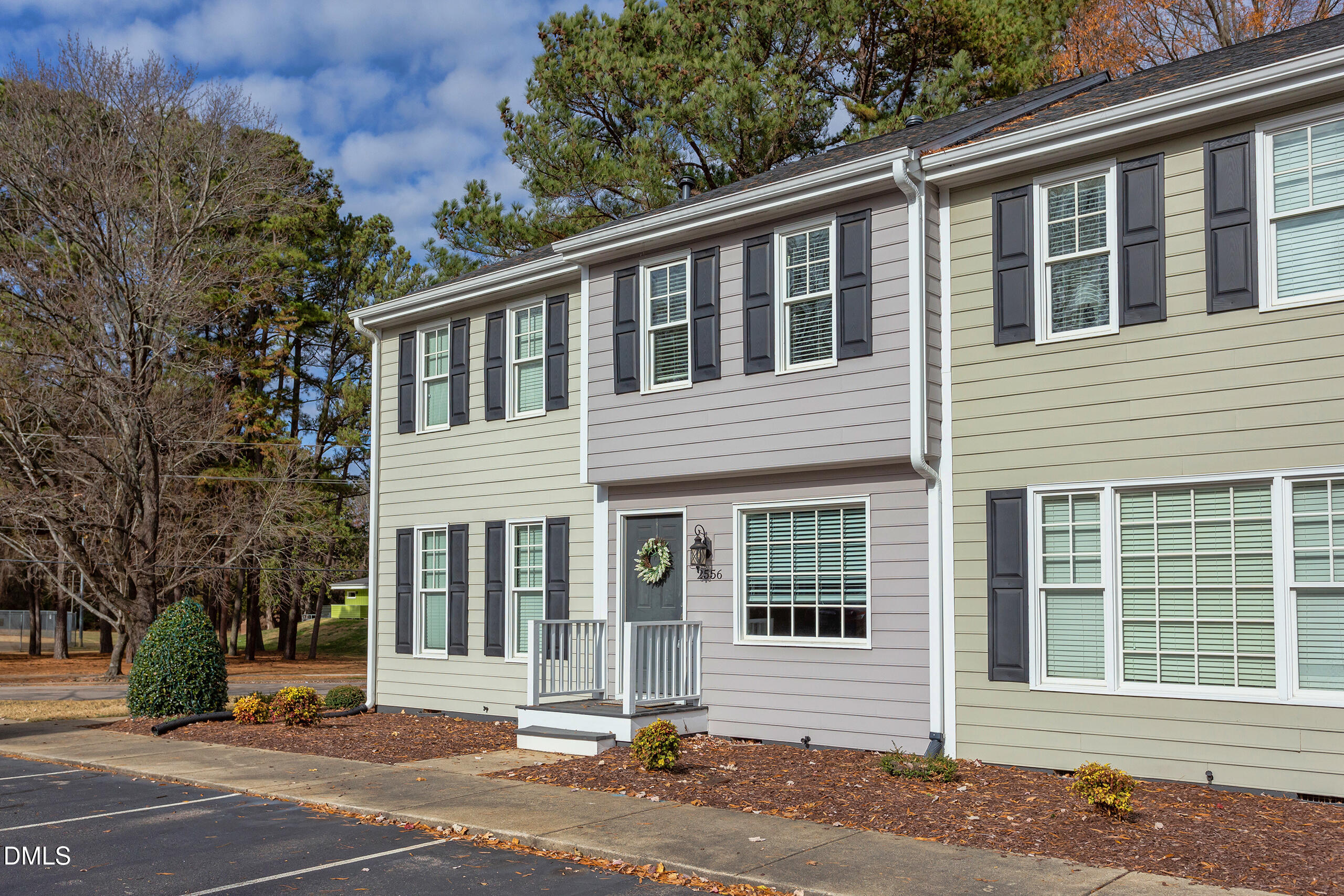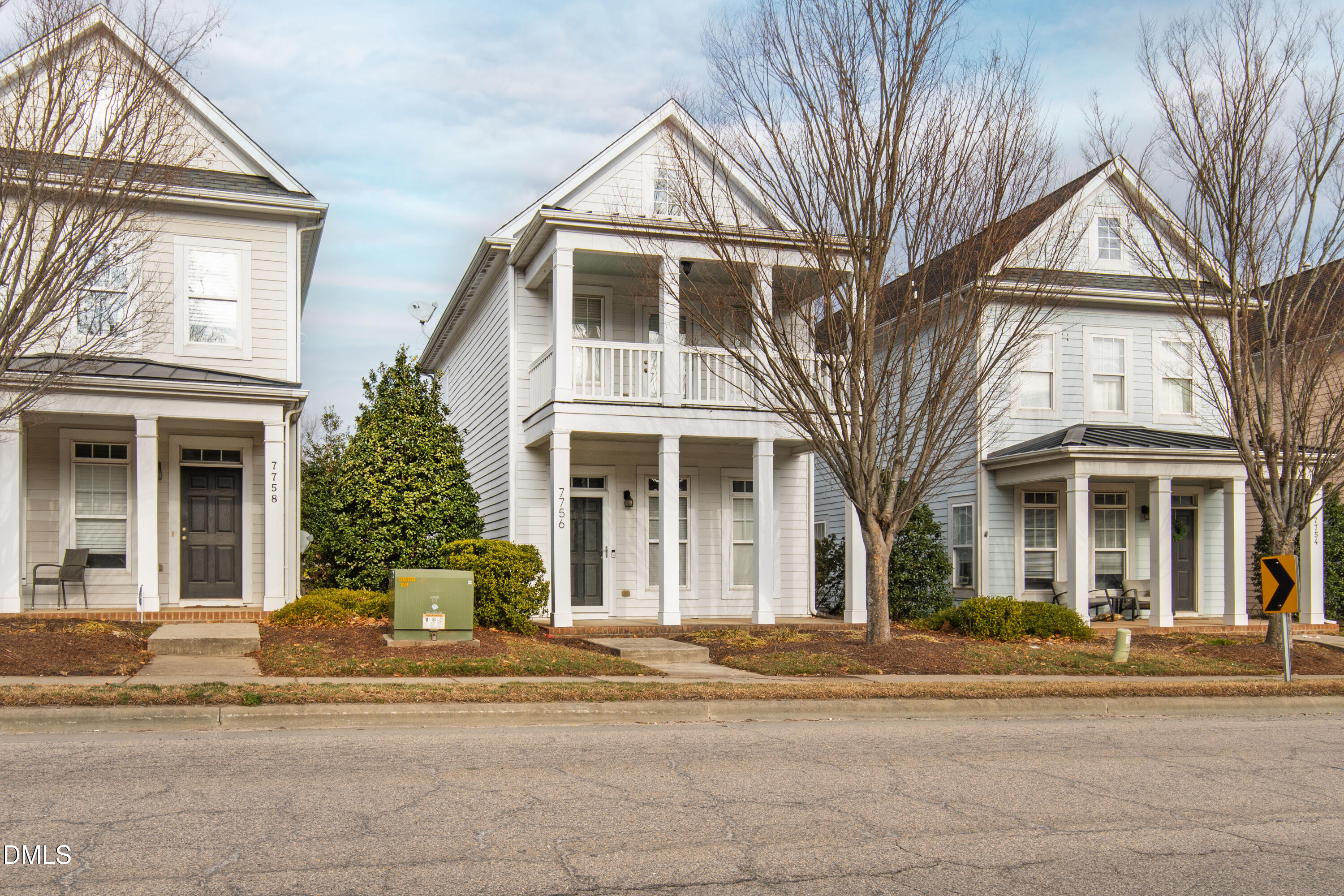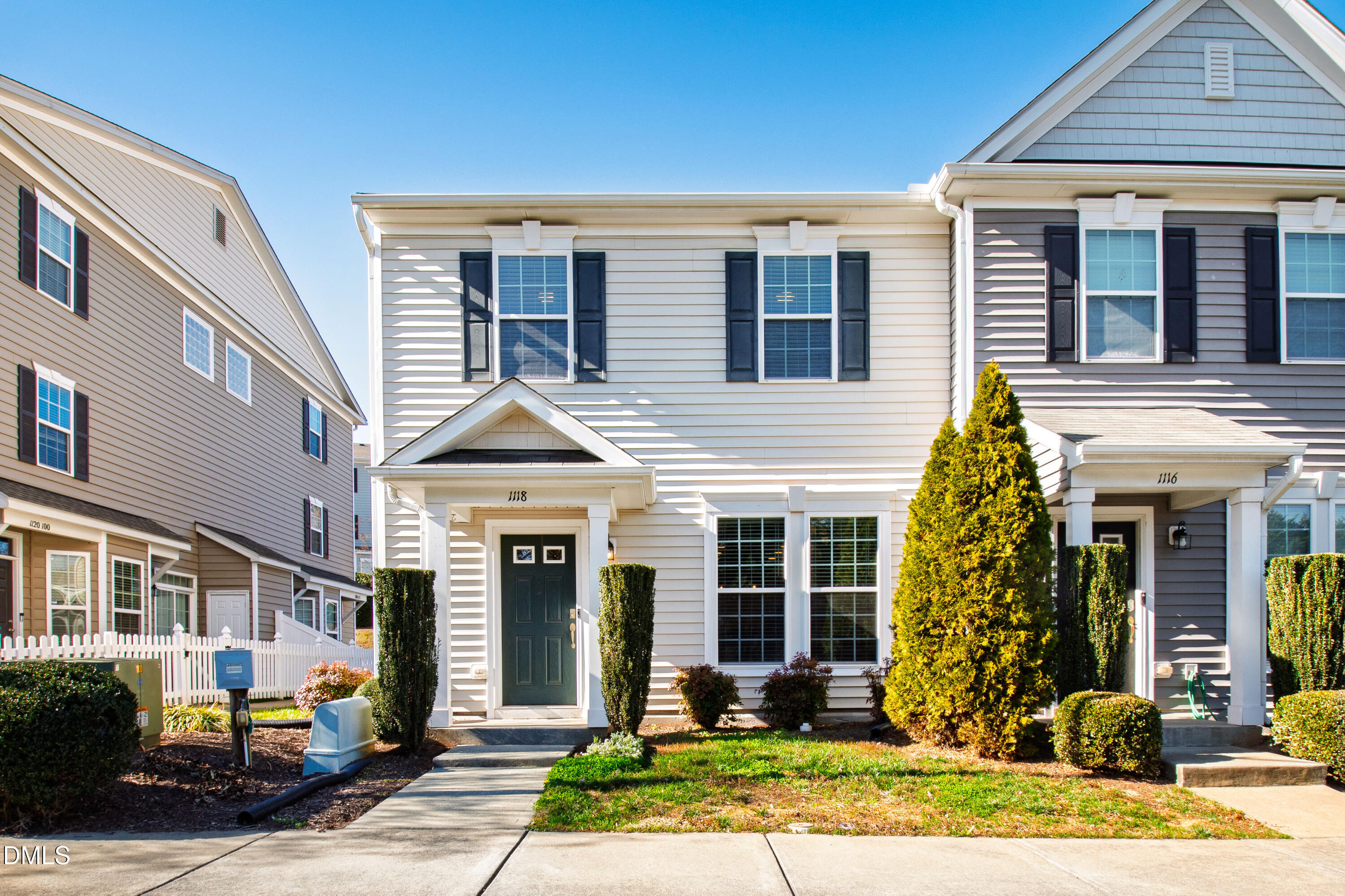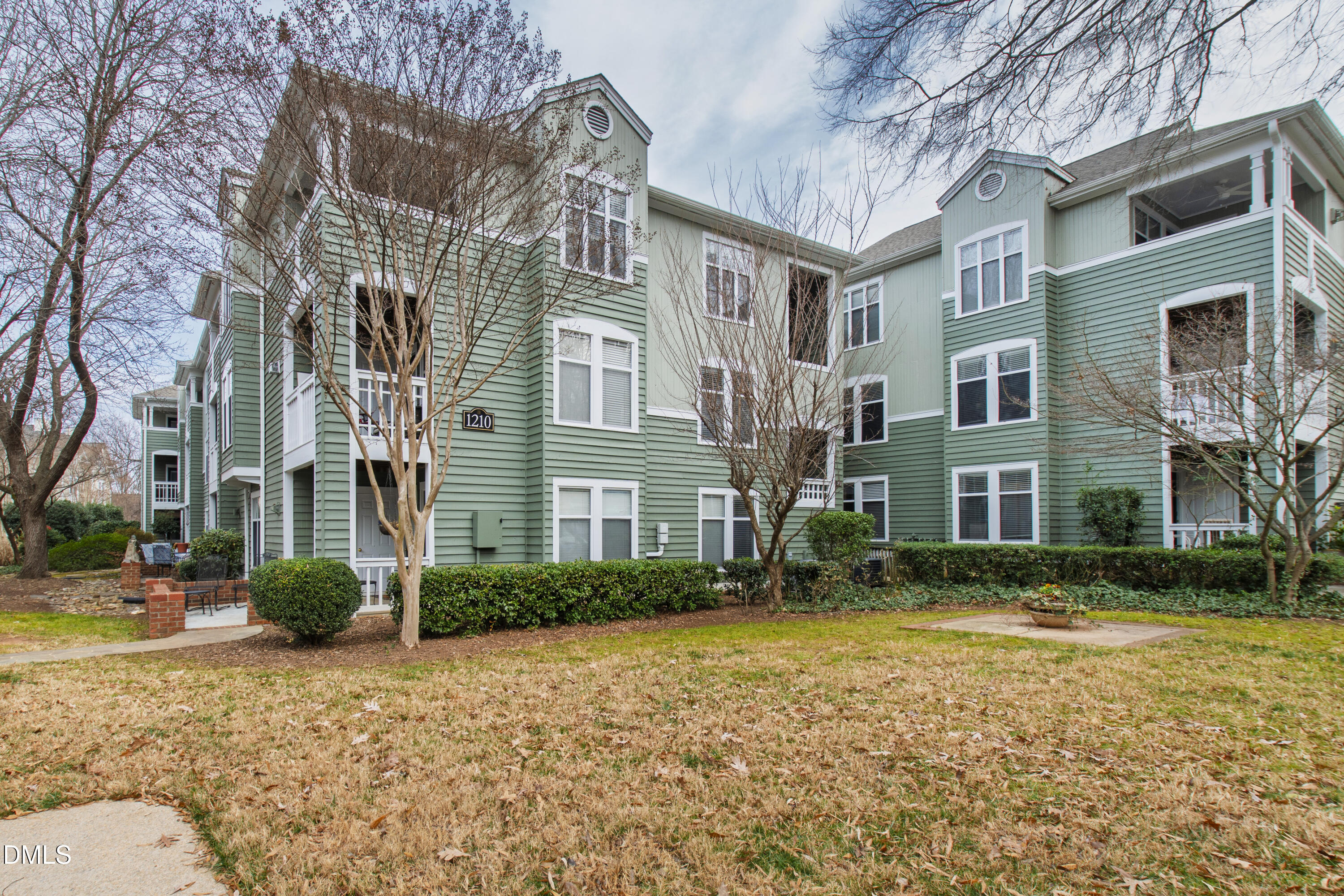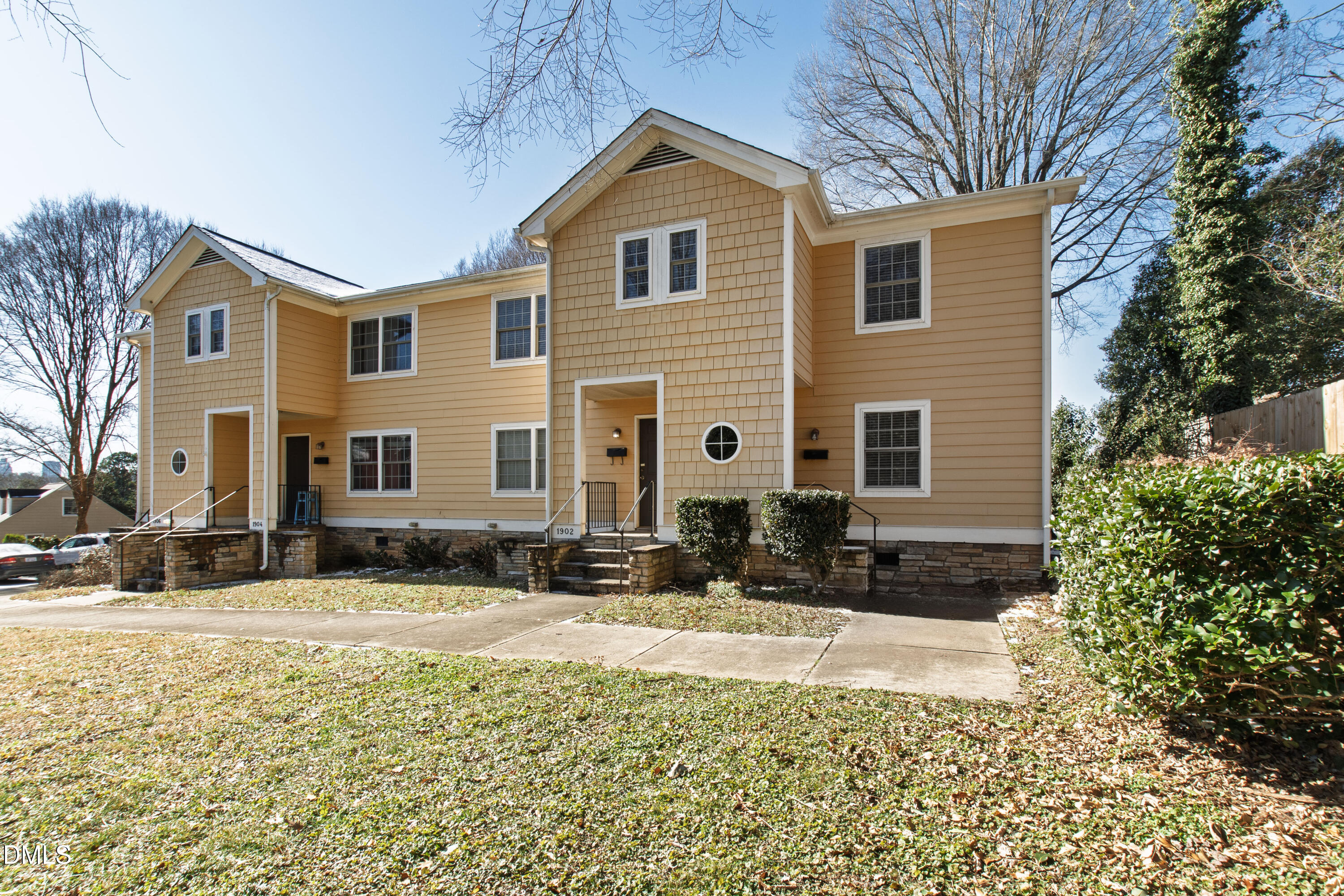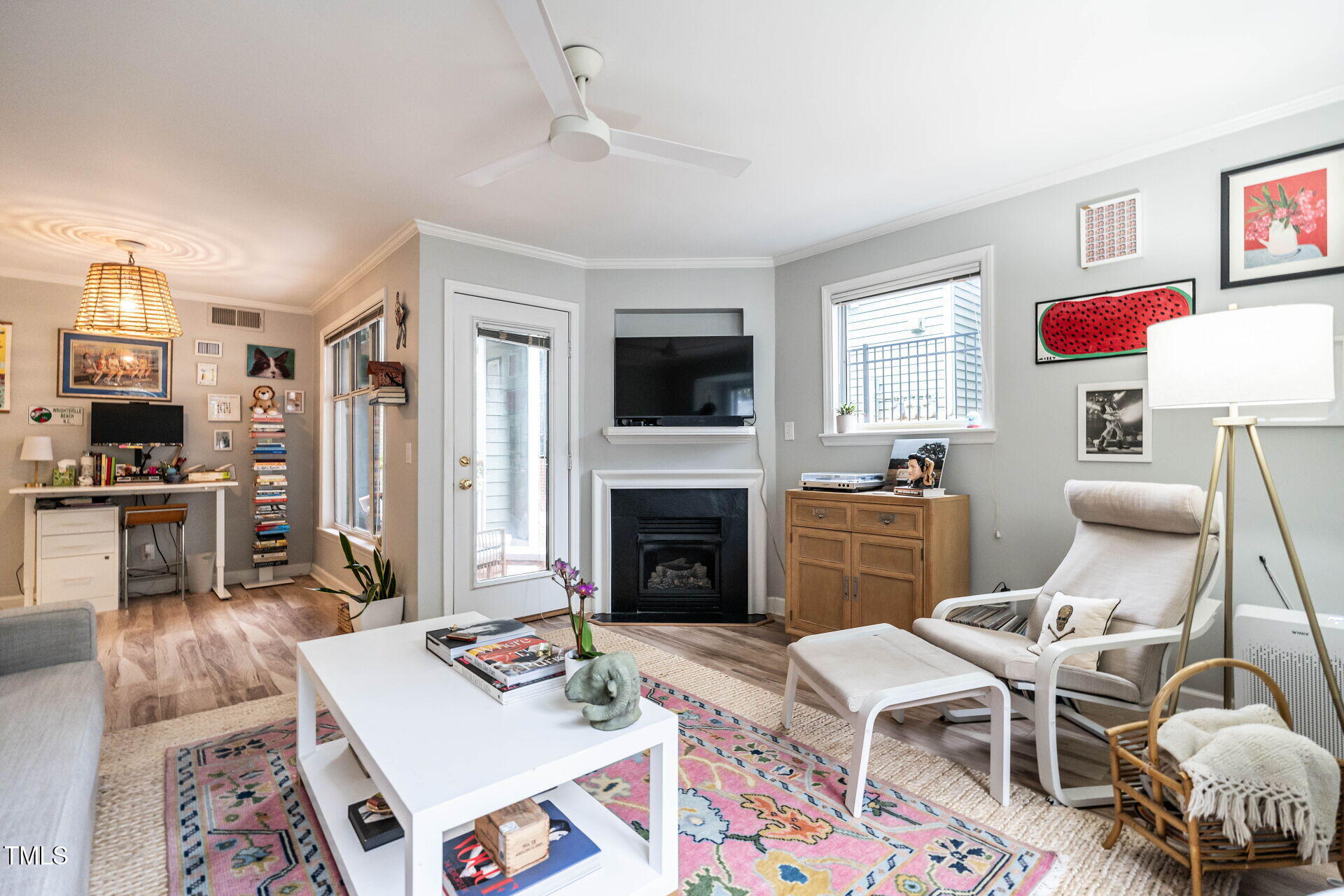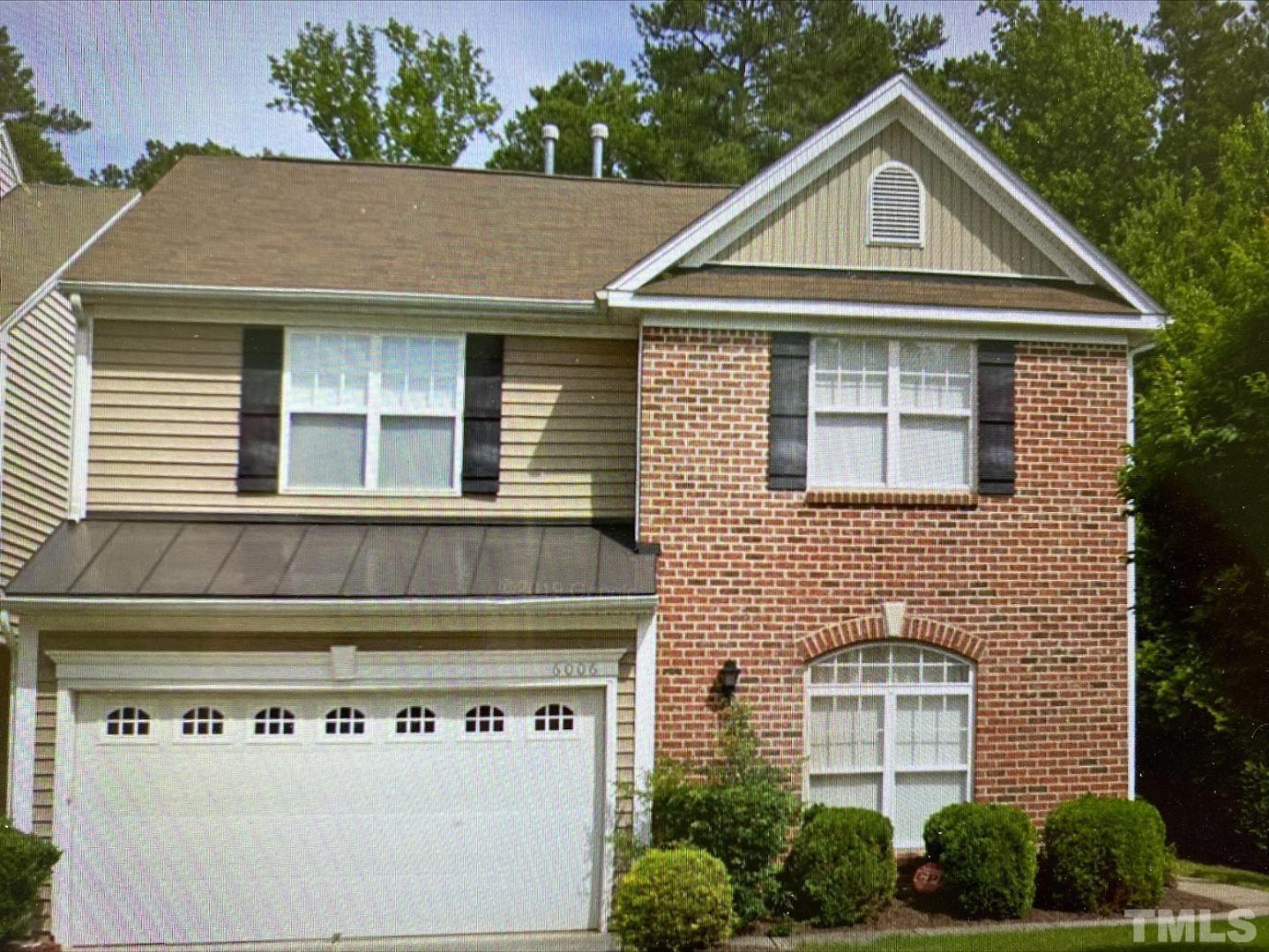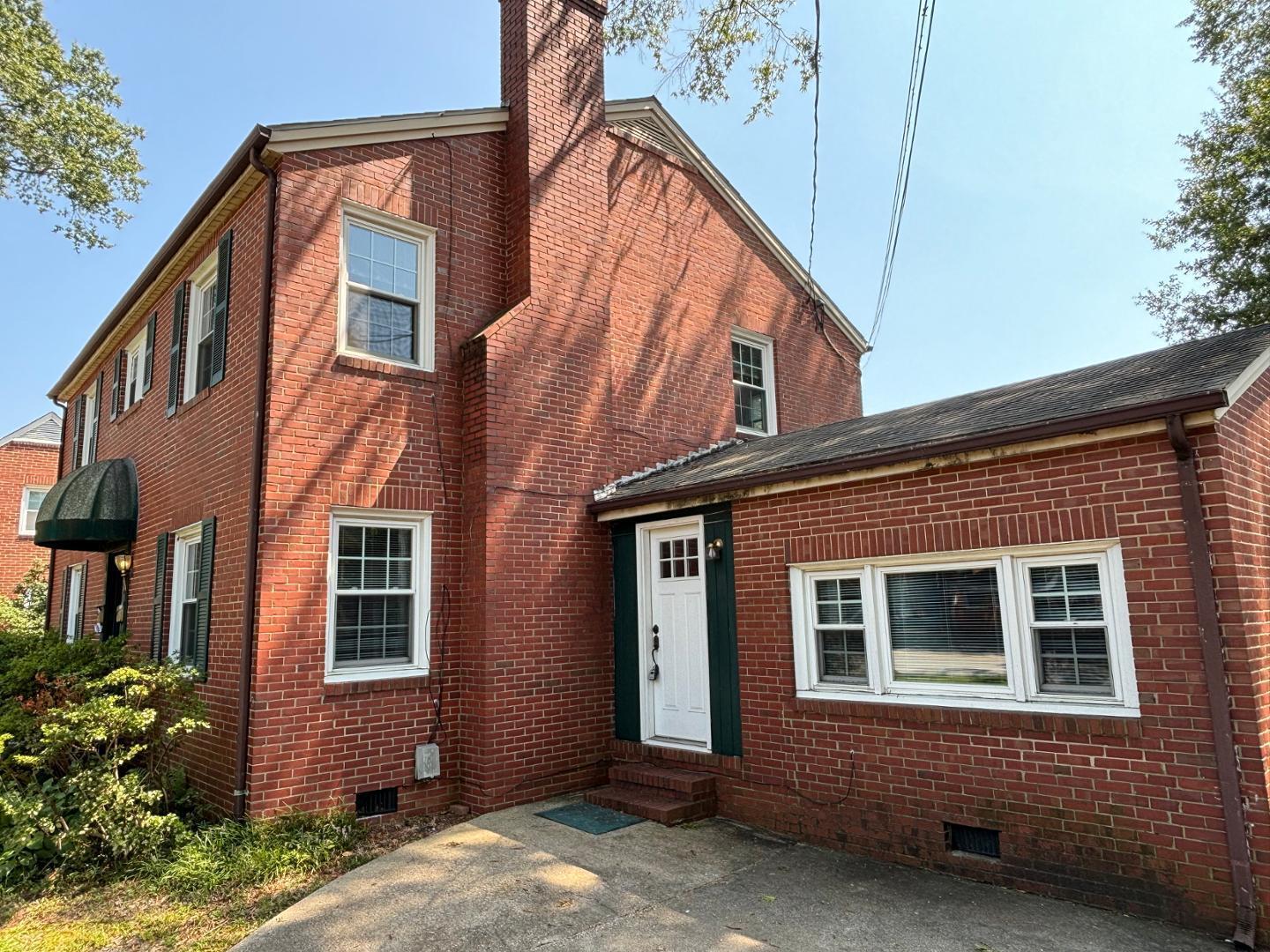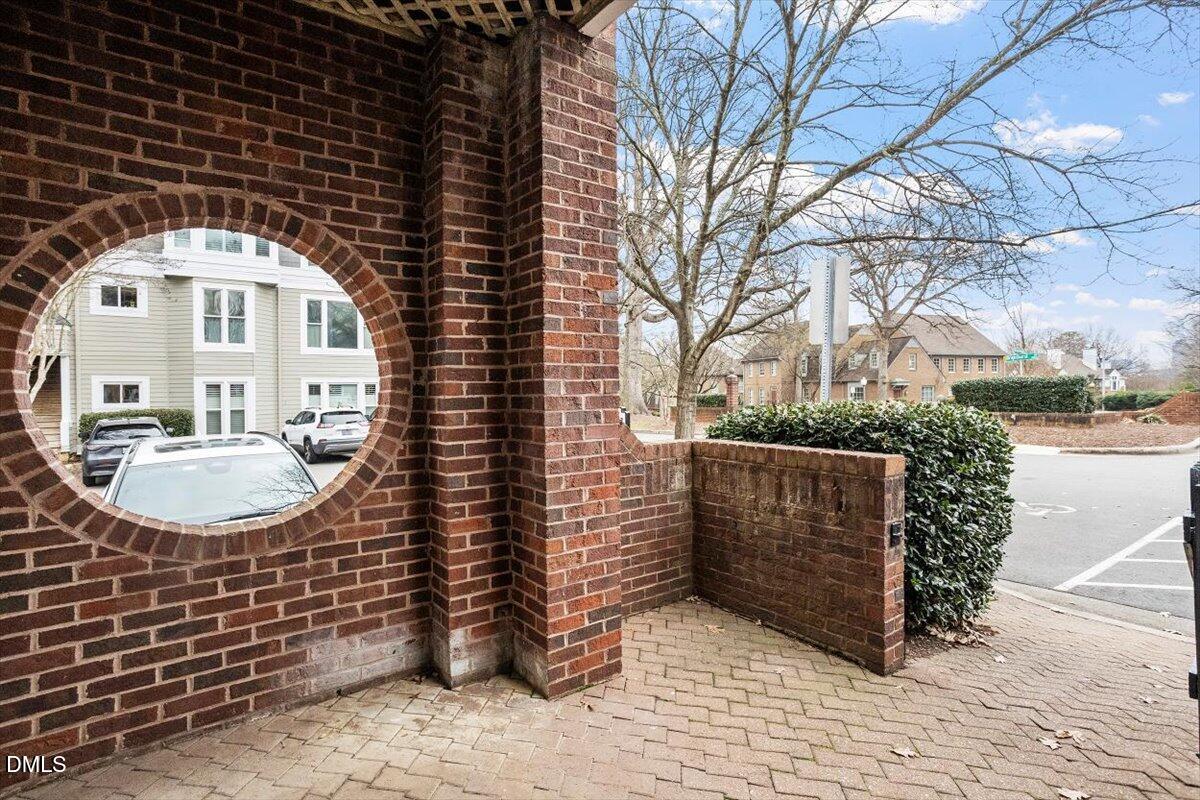Welcome to Raleigh
Raleigh, North Carolina – Community Overview & Real Estate Guide
Known as the “City of Oaks,” Raleigh blends historic charm, thriving technology and research hubs, and a nationally recognized quality of life. As part of the Research Triangle region (with Durham and Chapel Hill), Raleigh offers a powerful mix of career opportunity, educational excellence, and Southern hospitality. Its balanced lifestyle—walkable neighborhoods, expansive green spaces, and a fast-growing food and arts scene—makes it a top choice for professionals, families, and retirees alike.
Overview of Raleigh, NC
Raleigh serves as North Carolina’s capital city and anchors Wake County with a diverse and fast-growing population. Its location along I-40 and I-440 connects residents to Research Triangle Park, Raleigh–Durham International Airport, and nearby cities within minutes. Home to North Carolina State University, cutting-edge research institutions, and a flourishing tech sector, Raleigh consistently ranks among the nation’s best places to live. Neighborhoods range from historic districts like Oakwood to master-planned communities, each offering unique lifestyle and real estate opportunities.
| Key Facts about Raleigh, NC | |
|---|---|
| Area | Approx. 147 sq miles |
| County | Wake County (with portions in Durham County) |
| Established | 1792 (planned as North Carolina’s capital) |
| Population (2023 est.) | ~480,000 (city); ~1.16M (metro Wake County) |
| Nearby Parks & Greenways | William B. Umstead State Park; Lake Johnson; Pullen Park; Neuse River Greenway Trail |
| Main Roads | I-40; I-440 (Beltline); US-1; US-64; I-540; NC-50 |
Raleigh offers the best of both worlds: a forward-looking economy driven by research and technology, and a welcoming Southern lifestyle rooted in parks, local dining, and cultural richness. Whether you’re seeking a historic home under oak-lined streets, a new-build in a growing suburb, or an investment near Research Triangle Park, Raleigh remains one of the Southeast’s most dynamic and rewarding real estate markets.
Location & Connectivity in Raleigh
Raleigh, North Carolina’s capital city, sits at the heart of the Research Triangle region. Its central location offers direct access to Research Triangle Park (RTP), Durham, and Chapel Hill, with Raleigh–Durham International Airport (RDU) just minutes away. The city’s connectivity, educational institutions, and job opportunities make it one of the fastest-growing metro areas in the Southeast.
Day-to-day mobility in Raleigh is supported by major interstates, a growing bus network, regional rail initiatives, and extensive greenways. Residents can easily commute by car, bike, or transit, while national and international connections are handled through RDU Airport.
| Connectivity & Transportation — Raleigh, NC | |
|---|---|
| Location Map & Overview of Raleigh | Capital city of North Carolina, centrally located in Wake County. Anchors the Research Triangle region with proximity to RTP, Durham, and Chapel Hill. Served by I-40, I-440, US-1, and I-540. |
| Nearby Areas & Communities around Raleigh |
|
| Attractions & Points of Interest in Raleigh |
|
| Public Transport in Raleigh |
|
| Road Access & Main Highways |
|
| Parking in Raleigh | Public and private garages throughout downtown, metered street parking, and park-and-ride facilities. Residential permit parking applies in certain historic neighborhoods. |
| Walking & Cycling in Raleigh | Raleigh’s Capital Area Greenway offers over 100 miles of connected trails. Downtown and surrounding neighborhoods feature sidewalks, bike lanes, and pedestrian-friendly mixed-use developments. |
| Taxi & Ride Apps | Uber and Lyft widely available; local taxi companies and private shuttle services operate citywide. |
| Airport Access in Raleigh |
|
Raleigh’s strategic location in the Research Triangle delivers unmatched connectivity—whether by car, transit, bike, or air travel. With a growing network of public transportation, major interstates, and access to one of the South’s busiest airports, Raleigh offers convenience for both daily living and global travel.
Raleigh Real Estate Market Trends (2025)
Raleigh’s housing market reflects its rapid population and job growth as part of the Research Triangle. As of mid–late 2025, the city’s median sale price is about $460K with a median price per sq. ft. near $235. Homes typically sell within 30–45 days, showing faster turnover compared to many national averages. Popular neighborhoods such as North Hills, Five Points, and Brier Creek trend above median values, while emerging suburban areas like Knightdale and Fuquay-Varina offer more affordable options. Strong rental demand continues across condos, townhomes, and single-family homes, fueled by university students, tech workers, and corporate relocations.
| Property Type | Median Price (USD) | Price per Sq.Ft (USD) | Average Rent (USD/month) | Rental Yield |
|---|---|---|---|---|
| 2BR Condo | $325,000 (est.) | $235 | $1,750 | 6.5% (est.) |
| 2BR Townhome | $375,000 (est.) | $235 | $1,900 | 6.1% (est.) |
| 3BR Single-Family Home | $495,000 (est.) | $235 | $2,400 | 5.8% (est.) |
| 4BR Single-Family Home | $575,000 (est.) | $235 | $2,950 | 6.1% (est.) |
Methodology & notes: Citywide median sale price ($460K) and $235/sq.ft. based on Redfin/Zillow (Q3 2025). Medians for property types estimated using typical floor-area assumptions. Rental values reflect Raleigh citywide averages for 2–4 bedroom units (summer 2025). Yields are estimates; neighborhood, school district, and property age strongly affect values.
Lifestyle in Raleigh
Raleigh blends a thriving tech-and-research economy with oak-lined historic neighborhoods, expansive parks, and a growing culinary and arts scene. As North Carolina’s capital and a cornerstone of the Research Triangle, it offers big-city energy with a welcoming, community-first feel.
Location in Raleigh
Central to the Research Triangle with quick access to RTP, Durham, and Chapel Hill via I-40, I-440, and I-540. Downtown anchors government, arts, and business districts.
Community in Raleigh
Historic in-town areas like Oakwood and Five Points pair with master-planned suburbs and mixed-use hubs (North Hills, Midtown, Brier Creek) for diverse lifestyles.
Dining in Raleigh
Chef-led Southern modern cuisine, global eateries, craft breweries, food halls (Morgan Street, Transfer Co.), and farm-to-table markets define a vibrant scene.
Education in Raleigh
Home to NC State; proximate to UNC and Duke. Strong public magnet/charter options, plus private schools and abundant enrichment programs.
Housing in Raleigh
Mix of downtown condos/townhomes, classic bungalows, and new-build single-family neighborhoods. Premiums for walkable districts and top school zones.
Transportation in Raleigh
Convenient driving via I-40/I-440/I-540, growing GoRaleigh/GoTriangle bus service, and extensive greenways for biking. RDU Airport 15–20 minutes from downtown.
Climate in Raleigh
Four seasons: mild winters, warm springs, hot summers, colorful falls. Outdoor-friendly much of the year with frequent sunny days.
Amenities in Raleigh
Everyday retail in Village District, North Hills, Crabtree, and Brier Creek; museums, parks, sports venues, and performing arts across the city.
Demographics in Raleigh
Diverse, highly educated population including university students, tech professionals, entrepreneurs, and long-time residents.
Pros in Raleigh
Strong job market, top universities, abundant parks/greenways, dynamic dining/culture, and convenient air travel via RDU.
Cons in Raleigh
Rapid growth brings traffic in peak corridors, rising home prices in popular areas, and competitive bidding in certain neighborhoods.
Outdoor Activities in Raleigh
Hiking and cycling on the Capital Area Greenway, boating at Falls Lake and Lake Johnson, picnics at Pullen Park, and events at Dorothea Dix Park.
Raleigh’s lifestyle brings together innovation and Southern charm—walkable neighborhoods, destination parks, and a flourishing food and arts culture—ideal for buyers seeking balance, opportunity, and community.
Amenities in Raleigh, NC
Raleigh offers a full spectrum of amenities—from nationally ranked healthcare and higher education institutions to everyday retail, fitness, and pet-friendly services. Use the cards below to explore the resources that make the City of Oaks both livable and convenient.
-
Hospitals & Clinics in Raleigh
Wake County • Research TriangleRaleigh is home to nationally recognized healthcare systems, teaching hospitals, and specialty clinics spread across the metro area.- UNC Rex Hospital — 4420 Lake Boone Trail
- WakeMed Raleigh Medical Center — 3000 New Bern Ave
- Duke Raleigh Hospital — 3400 Wake Forest Rd
- FastMed Urgent Care — multiple city locations
-
Supermarkets & Shopping in Raleigh
Downtown • North Hills • Brier CreekMajor chains, local markets, and destination retail centers provide a variety of shopping experiences across the city.- Harris Teeter — multiple locations
- Whole Foods Market — Wade Ave & North Raleigh
- Trader Joe’s — Wake Forest Rd
- Crabtree Valley Mall — 4325 Glenwood Ave
- North Hills — shops, dining, mixed-use lifestyle center
- Brier Creek Commons — big-box and local retail
-
Fitness & Recreation in Raleigh
Gyms • Greenways • ParksRaleigh emphasizes outdoor living with hundreds of miles of greenways, plus gyms, studios, and sports complexes throughout the metro.- YMCA of the Triangle — multiple branches
- Planet Fitness — citywide
- Capital Area Greenway System — 100+ miles of trails
- Pullen Park — historic park & recreation hub
- PNC Arena & Carter–Finley Stadium — sports & events
-
Pet Services in Raleigh
Veterinary • Grooming • Dog ParksRaleigh is pet-friendly with dozens of veterinary clinics, dog daycares, and large public dog parks.- Care First Animal Hospital — multiple Raleigh locations
- Banfield Pet Hospital — inside PetSmart, citywide
- Camp Bow Wow Raleigh — 8311 Creedmoor Rd
- Millbrook Exchange Dog Park — 1905 Spring Forest Rd
- Carolina Pines Dog Park — 2305 Lake Wheeler Rd
Schools & Preschools in Raleigh
Families in Raleigh benefit from the highly regarded Wake County Public School System (WCPSS)—the largest district in North Carolina—plus a wide selection of magnet programs, charter schools, and private academies. Notable magnet themes include STEM, arts, and international studies, while private options like Ravenscroft and St. David’s provide faith-based and independent education. Raleigh also has a strong early-learning network with Montessori and faith-based preschools.
Area schools emphasize academic rigor, extracurricular excellence, and pathways to higher education—with proximity to NC State University, UNC, and Duke enhancing enrichment and dual-enrollment opportunities.
| School / Preschool | Type | Location | Highlights |
|---|---|---|---|
| Lacy Elementary School | Public (K–5) | Inside the Beltline |
Strong WCPSS elementary; focus on literacy and early STEM; active PTA community.
|
| Root Elementary School | Public (K–5) | North Raleigh |
Popular for high test scores and arts integration; convenient to Midtown/North Hills.
|
| Brooks Museums Magnet Elementary | Magnet (K–5) | North Raleigh |
Unique museums-based curriculum with hands-on learning and field experiences.
|
| Daniels Magnet Middle School | Public Magnet (6–8) | Inside the Beltline |
International Baccalaureate (IB) Middle Years Programme; global studies curriculum.
|
| Enloe Magnet High School | Public Magnet (9–12) | East Raleigh |
IB World School with rigorous academics, AP/IB pathways, and robust arts programs.
|
| Broughton High School | Public (9–12) | Downtown Raleigh |
Historic high school with strong tradition, IB Diploma Programme, and active athletics.
|
| Exploris School | Charter (K–8) | Downtown Raleigh |
Hands-on, project-based charter school emphasizing global education and community engagement.
|
| Ravenscroft School | Private (PreK–12) | North Raleigh |
Independent college-prep academy with strong academics, arts, and athletics on a 125-acre campus.
|
| St. David’s School | Private (PreK–12) | North Raleigh |
Faith-based, classical education with strong athletics and enrichment programs.
|
| Montessori School of Raleigh | Private Preschool–HS | Lead Mine Rd & Brier Creek |
Independent Montessori education with individualized learning from preschool through high school.
|
| St. Michael’s Episcopal Preschool | Private Preschool | North Hills |
Faith-based early learning emphasizing play, social skills, and academics.
|
- School District: Wake County Public School System (WCPSS), with magnet and base assignment schools.
- Notables: Multiple IB Diploma and magnet pathways, strong AP programs, and high-ranking charters and private schools.
- Tip: Attendance assignments vary by address—always confirm zoning, magnet eligibility, and charter lottery windows with WCPSS.
Investment Potential in Raleigh, NC
As the capital of North Carolina and a cornerstone of the Research Triangle, Raleigh offers investors strong fundamentals across long-term rental housing, buy-and-hold single-family homes, and new-build suburban growth. Consistent population inflows, a thriving tech-and-education economy, and high quality of life drive durable demand.
Why Raleigh? A nationally ranked job market, top universities, and continued in-migration keep both purchase and rental markets competitive. Pro-business tax policies, central East Coast access, and ongoing infrastructure investment add to long-term stability.
- Buy & Hold: 3–4BR homes near RTP and top school districts offer reliable appreciation and rental demand.
- Rental Market: Student housing near NC State and downtown apartments/townhomes lease quickly at premium rents.
- Value-Add/Flip: Older homes ITB (Inside the Beltline) present opportunities with modernized kitchens, baths, and energy upgrades.
- Risk & Underwriting: Rising competition and construction costs; verify zoning for STRs (limited in Raleigh city limits).
-
Rental Snapshot (Typical Monthly Ranges)
2BR Apartment: ~$1,600–$1,950 • 3BR SFR: ~$2,200–$2,600 • 4BR SFR: ~$2,700–$3,200+
-
What Performs Well
- Updated kitchens, energy-efficient windows, and home offices.
- Walkable access to downtown, universities, or greenways.
- Newer builds in suburbs with community pools and amenities.
-
Compliance Checklist
- Confirm zoning restrictions for STRs (citywide limits apply).
- Review HOA covenants for rental policies and fees.
- Budget for rising property taxes and insurance premiums.
Whether holding suburban new builds, renovating historic homes, or supplying rental housing near universities and RTP, Raleigh’s steady growth and diverse economy continue to make it one of the Southeast’s most resilient and rewarding real estate markets.
Thinking About Moving to Raleigh?
As North Carolina’s capital and part of the thriving Research Triangle, Raleigh offers a rare blend of Southern charm, job opportunity, and modern convenience. You’ll find vibrant districts like Downtown, North Hills, Five Points, and Cameron Village—plus quick access to Durham, Chapel Hill, and Research Triangle Park.
Housing includes historic bungalows, modern condos, townhomes, and new suburban single-family homes. Premiums follow proximity to top schools, walkable neighborhoods, and commuter convenience to RTP. Zoning and HOA rules vary—always confirm rental policies and community guidelines before investing.
Daily life balances work and play: more than 100 miles of Capital Area Greenway trails, expansive parks like Umstead and Dorothea Dix, and a nationally recognized dining and arts scene. Families benefit from Wake County schools, top universities nearby, and easy travel via Raleigh–Durham International Airport (RDU).
Frequently Asked Questions about Raleigh
- How much does it cost to live in Raleigh?
-
- Condos/Townhomes: ~$280K–$500K (higher for new builds near Downtown or North Hills)
- Single-family homes: ~$400K–$800K+ depending on neighborhood, size, and age
- Luxury estates: $1M+ in Inside the Beltline (ITB), North Hills, and North Raleigh
Estimates based on 2025 listing trends; exact pricing varies by location, school zone, and property age. - Is Raleigh a good place for investment properties?
- Yes—steady in-migration, a strong job base in tech and research, and a diverse economy keep demand high. Investors find opportunities in buy-and-hold single-family homes, student rentals near NC State, and townhomes/condos in growth corridors. Short-term rentals face stricter zoning, so always confirm city rules before purchasing.
- What is the rental market like?
-
- Apartments: ~$1,600–$2,000 for a 2BR unit
- Single-family rentals: ~$2,200–$3,000 for 3–4BR homes
- Student housing: Consistently strong near NC State, Meredith College, and Downtown
Rental demand is driven by universities, RTP jobs, and newcomers relocating from higher-cost states. - What types of properties are common?
- A mix of historic bungalows and cottages ITB, suburban single-family homes, modern condos/townhomes in urban centers, and new builds in growing suburbs like Cary, Apex, and Wake Forest.
- What makes Raleigh unique compared to other cities?
- Raleigh combines Southern charm with a top-tier tech job market, a highly educated population, and an excellent quality of life. Greenways, cultural festivals, and access to both the mountains and beaches within a few hours add to its appeal.
- How do people get around, and which airports serve the area?
- Daily travel is primarily by car via I-40, I-440, and I-540. GoRaleigh buses and regional transit serve core areas, while ride-share apps are widely used. The nearest airport is Raleigh–Durham International (RDU), about 20 minutes from Downtown, with national and international service.
- Which schools serve Raleigh?
- Raleigh is part of the Wake County Public School System (WCPSS)—North Carolina’s largest district—plus magnet programs, charters like Exploris, and private academies such as Ravenscroft and St. David’s. Universities include NC State, with nearby Duke and UNC strengthening the higher-ed presence.
Raleigh blends affordability, opportunity, and lifestyle—making it a top choice for families, professionals, and investors alike.



